To retire after years of meritorious service to the nation and its people is a well-earned reward for soldiers of the Republic of China. Ten of the most famous generals and one admiral provide good examples of how retired military men continue to lead meaningful lives while at the same time finding time to relax after an illustrious career.
Gen. Ho Ying-chin, 93, is the oldest soldier in the Republic of China. When Generalissimo Chiang Kai-shek established the legendary Whampoa Academy in Canton to train revolutionary forces in 1924, Ho was appointed chief instructor. A major challenge came the next year when Chen Chun-ming tried to oppose the revolution. Ho commanded about 1,000 cadets fighting against Chen's 10,000-strong force. His victory in the battle of Mienhu established him as a hero of the revolution. Gen. Ho represented the Generalissimo in receiving the instrument of surrender from the commander of Japanese expeditionary forces in China. Gen. Ho is retired now, but is still active in private life. He grows orchids in his garden and continues to make appearances on major occasions.
Gen. Ku Chu-tung is three years younger than Gen. Ho. At 90 he is equally active. In the army, he was among the most popular commanders. When Generalissimo Chiang Kai-shek was held by the mutinous generals, Chang Hsueh-liang and Yang Hu-cheng, at Sian in December 1936 under Communist instigation, Gen. Ku was selected to restrain the rebel troops. In private life, he is still a bowling enthusiast.
Gen. Huang Chieh, like Gen. Ku, is active in bowling circles. He is known for his literary works as well as for his achievements on the battlefield. Just before the fall of the Chinese mainland to the Communists, Gen. Huang commanded 30,000 troops to Vietnam, where he was to stay for three years. After his return to Taiwan, he was appointed Governor of the province. At 80, the general continues to write poetry.
Gen. Hsueh Yueh is best remembered for his hot pursuit of the Chinese Communists during their so-called "Long March," and later as the victor in the Changsha battle against the Japanese. Gen. Hsueh's troops drove out the Communists from Kwangtung province in the east to Sikang province in the west.
Gen. Chou Chih-jou played the biggest role in founding the Chinese Air Force (CAF). He served as superintendent of the Central Aviation Academy, and then commander of the newly-established CAF. In Taiwan, he served as Chief of the General Staff and provincial governor. Since suffering a stroke, the general no longer plays golf, but is still a very active "go" player, and is in fact chairman of the Chinese Go Association.
When Gen. Liu An-chi led more than 100 thousand troops from the mainland to Taiwan, he was followed by 30 to 40 thousand students. Among them were Sung Chen, vice chairman of the Council for Economic Planning and Development, and Hou Chien, dean of the College of Literature at the National Taiwan University.
Outspoken and courageous, Gen. Wang Shu-ming is better known to foreign friends as Tiger Wang. He has served as Commander of the Chinese Air Force and ambassador to Jordan. When the U.S. military authorities doubted the ability of Chinese airmen to fly jet fighters, Gen. Wang introduced jet trainers to Taiwan and organized a 12-plane acrobatic team. He is an avid promoter of Chinese opera, and the CAF opera troupe is one of the nation's best.
When the Chinese Communists invaded Kinmen in 1949, Gen. Kao Kuei-yuan was commander of the 18th Army garrisoning the island. The invaders were routed and some 5,500 taken prisoner. Later, Gen. Kao was appointed Army Commander and then Defense Minister. He retired last year.
Gen. Peng Meng-chi contributed a great deal to Taiwan's internal peace and security as Commander of the Taiwan Garrison Command. After leaving that appointment, he served as Chief of the General Staff and Ambassador to Japan. He retired from active duty after Japan established diplomatic ties with Communist China. He is father of five successful sons, one of them Peng Yin-hsuan, a Harvard-educated architect.
To the younger generation, Li Yu-hsi is known as a sports leader. Few people know that he was also the first admiral of the Republic of China.
Although being one of the first Chinese airmen to shoot down enemy airplanes during the War of Resistance against Japan, Gen. Lai Ming-tang relishes most of all his feat of winning 14,000 Chinese prisoners of war from Korea to Taiwan. He was also responsible for introducing the use of computers to the armed forces.
[Picture Caption]
Left:
Twenty distinguished courtiers during the reign of Emperor Taitsung of the Tang Dynasty, by Shen Yuan, famous artist of the Ching Dynasty.
1. At the first commencement of the Whampoa Military Academy, Gen. Ho Ying-chin seen with Dr. Sun Yat-sen and Generalissimo Chiang Kai-shek. 2. Gen. Ho receiving the instrument of surrender from a Japanese commander. 3. President Chiang Ching-kuo congratulates Gen. Ho after decorating him. 4. Gen. Ho announces the Chinese victory over Japanese forces after receiving the surrender instrument.
1. President Chiang Ching-kuo decorates Gen. Ku Chu-tung on the occasion of his 90th birthday. 2. Gen. Ku (seated, center) commands his troops on the front during the war against Japan. 3. The general shows his prowess at bowling. 4. Gen. Hsueh Yueh with Generalissimo Chiang. 5. Gen. Hsueh resplendent in dress uniform. 6. Gen. Hsueh at a rally celebrating the Changsha victory. 7. The general presides over the 9th session of the National Assembly.
1. Gen. Chou Chih-jou posing with foreign military leaders as Chief of the General Staff. 2. Attending aborigine activities as Governor of Taiwan. 3. Gen. Chou urging people to buy TB-control stamps. 4. Gen. Huang Chieh is still hale and hearty at 80. 5. Gen. Huang as a divisional commander. 6. The general practising Chinese calligraphy.
1. A soldier's duty is to protect the people, Gen. Liu An-chi says. 2. Gen. Liu as a youth. 3. Gen. Liu paying a visit to the U.S. as C-in-C of the Army. 4. Gen. Wang Shu-ming prepares to fly with Mrs. Wang to New York to take over his post as chief of the ROC military delegation to the United Nations. 5. "Tiger" Wang as an amiable elder statesman. 6. Gen. Wang posing with Generalissimo Chiang.
1. Gen. Kao Kuei-yuan is decorated by the President on the day of his retirement as defense minister. 2. The general decorates a vice superintendent of the Political Warfare College. 3. Inspecting a U.S. submarine at Keelung as Army C-in-C. 4. Gen. Peng Meng-chi with Vice President Chen Cheng. 5. Gen. Peng leaving with his wife for Japan to take up the ambassadorial post. 6. Gen. Peng in uniform.
1. Adm. Li Yu-hsi with Generalissimo Chiang aboard a naval ship. 2. Adm. Li visiting Adm. Burke in the U.S. 3. Adm. Li as a young man. 4. Reading at home. 5. Gen. Lai Ming-tang issuing a statement on returning with Chinese POWs from Korea. 6. Lai Meeting with President Kennedy during a visit to the U.S. 7. During a spirited conversation.
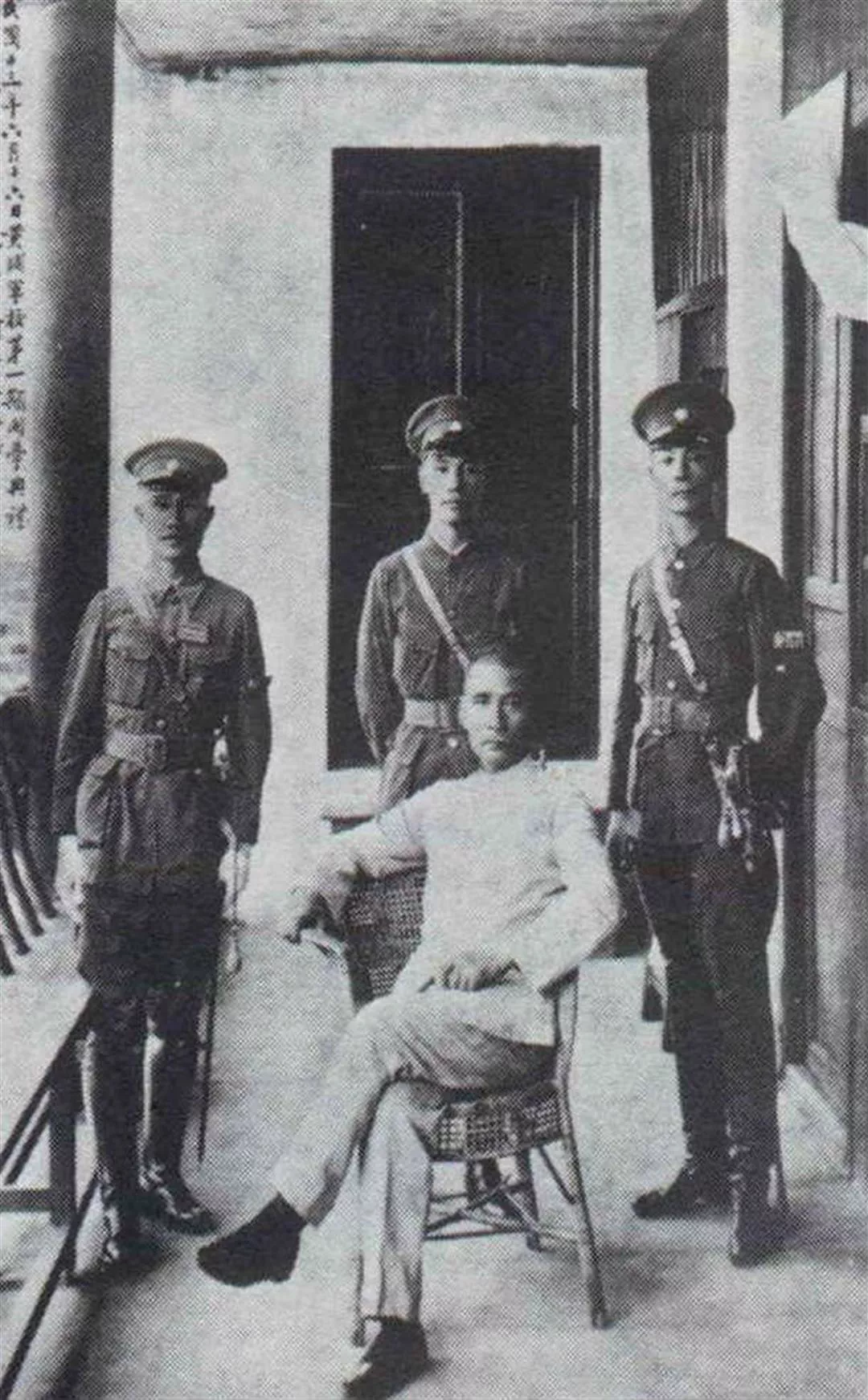
At the first commencement of the Whampoa Military Academy, Gen. Ho Ying-chin seen with Dr. Sun Yat-sen and Generalissimo Chiang Kai-shek.
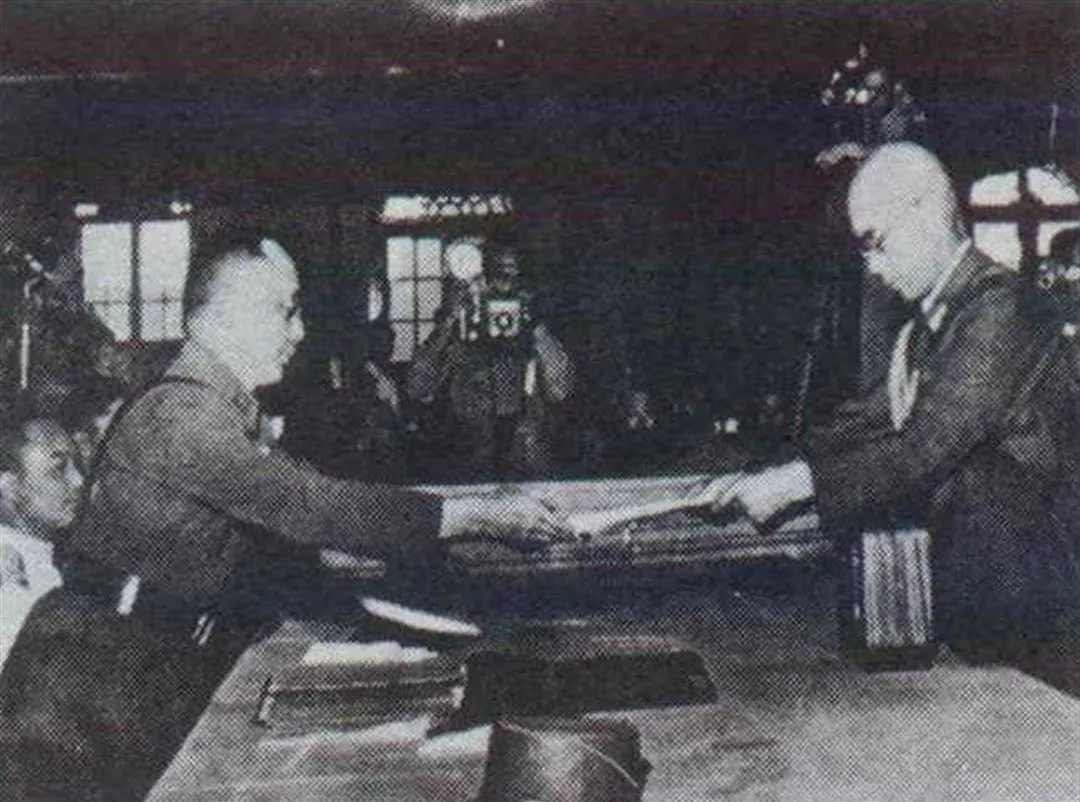
Gen. Ho receiving the instrument of surrender from a Japanese commander.
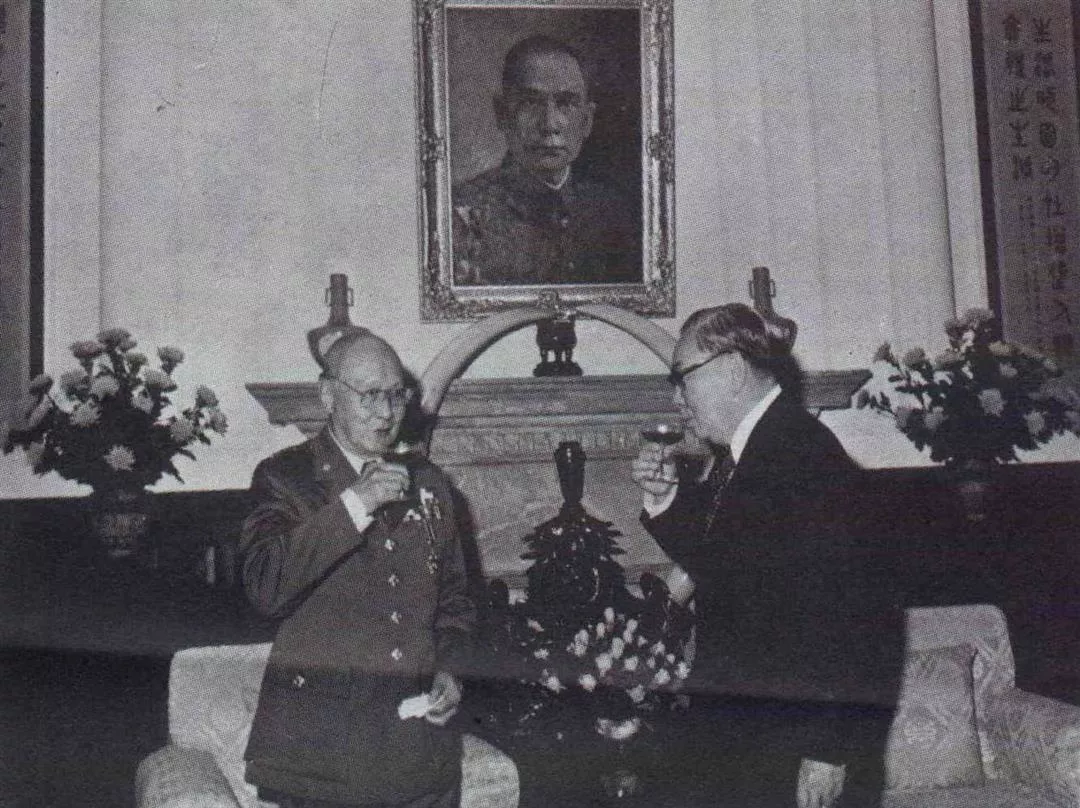
President Chiang Ching-kuo congratulates Gen. Ho after decorating him.
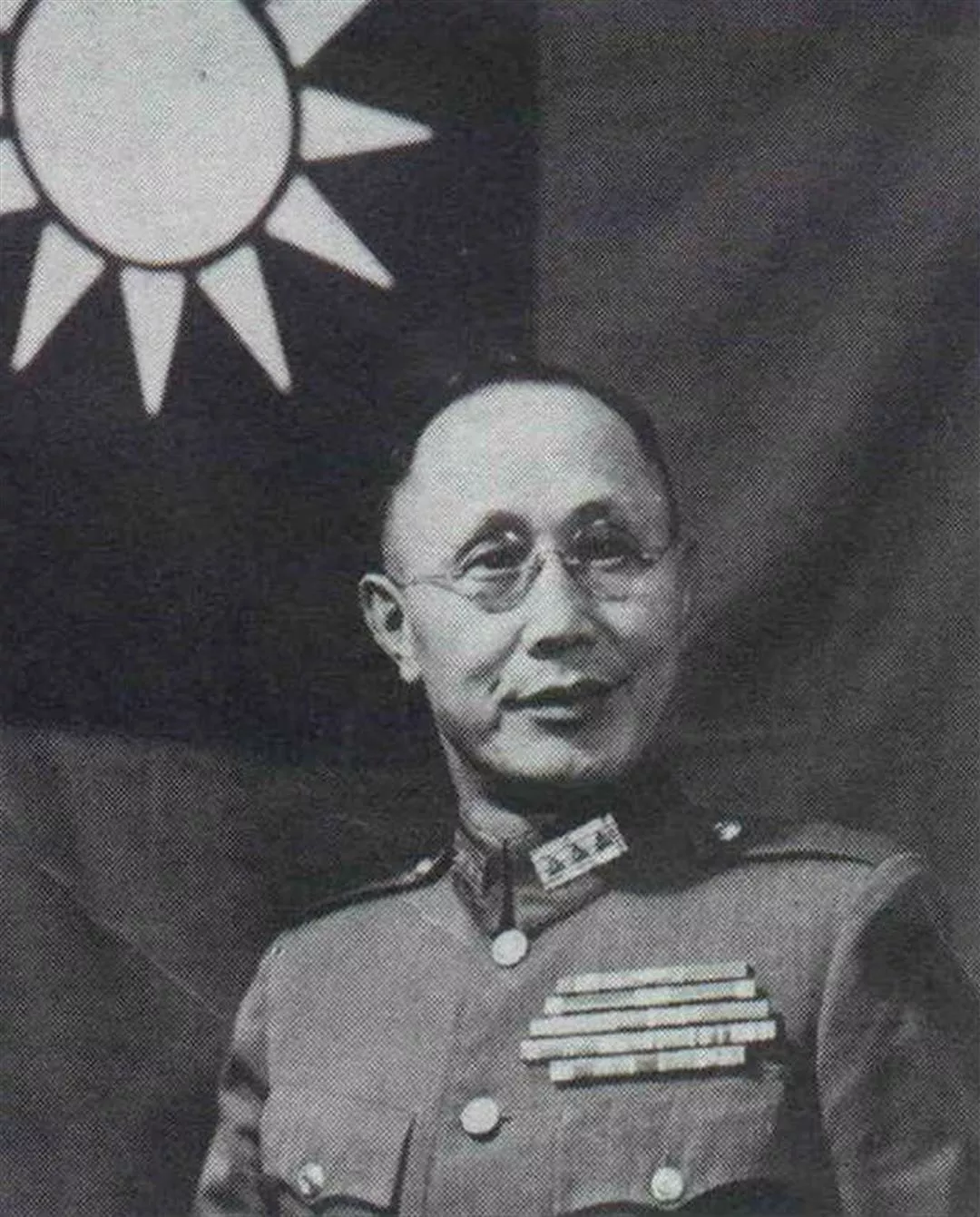
Gen. Ho announces the Chinese victory over Japanese forces after receiving the surrender instrument.
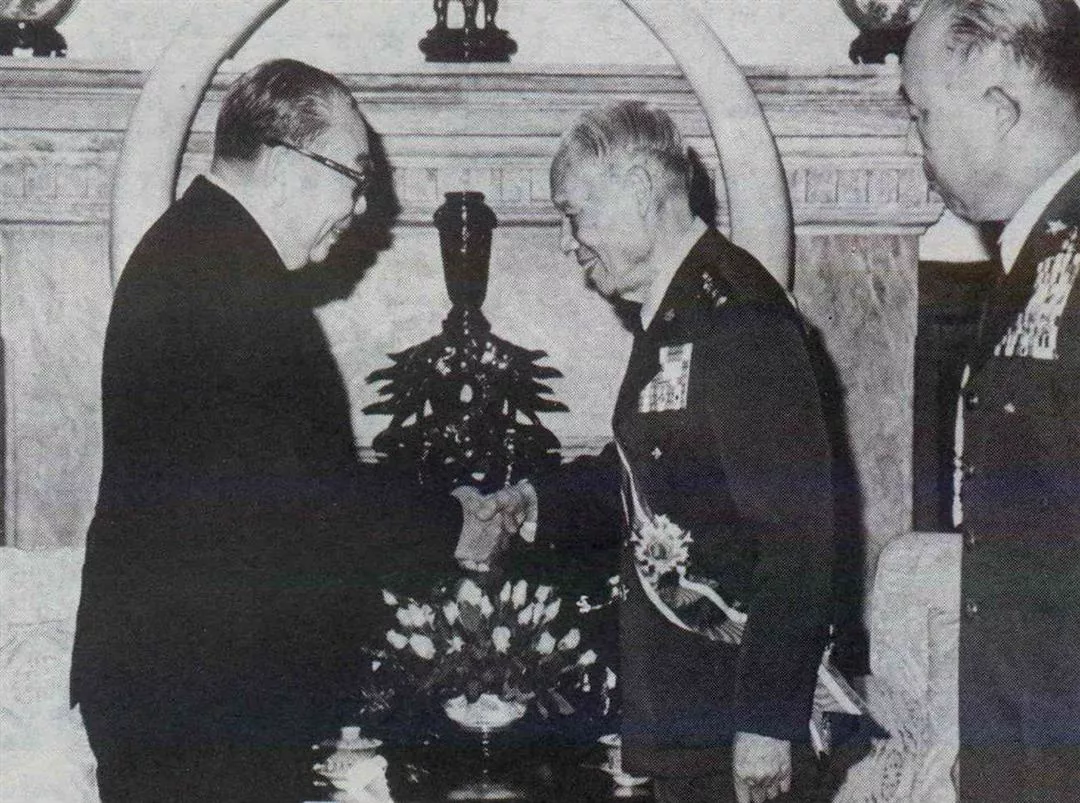
President Chiang Ching-kuo decorates Gen. Ku Chu-tung on the occasion of his 90th birthday.
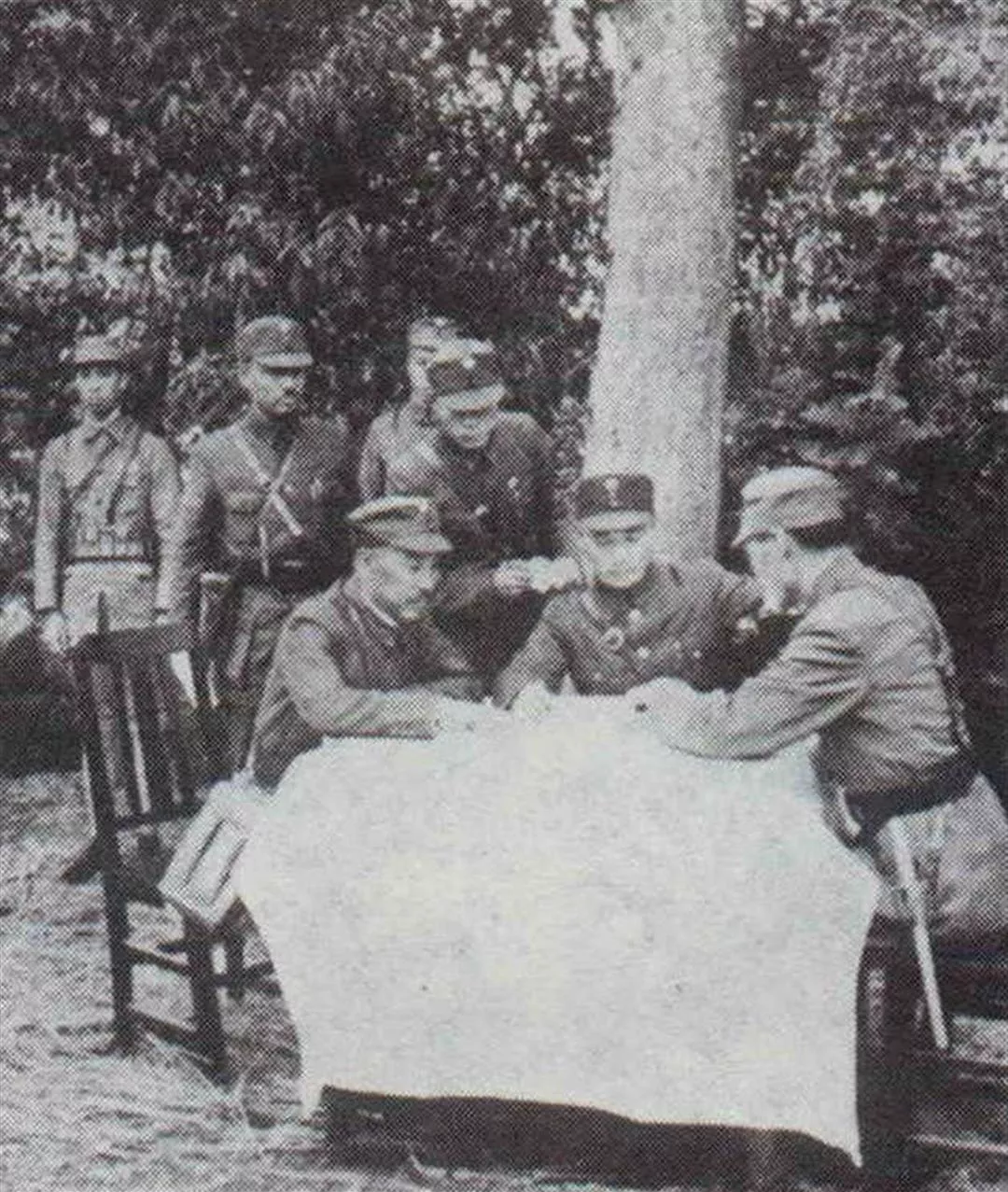
Gen. Ku (seated, center) commands his troops on the front during the war against Japan.
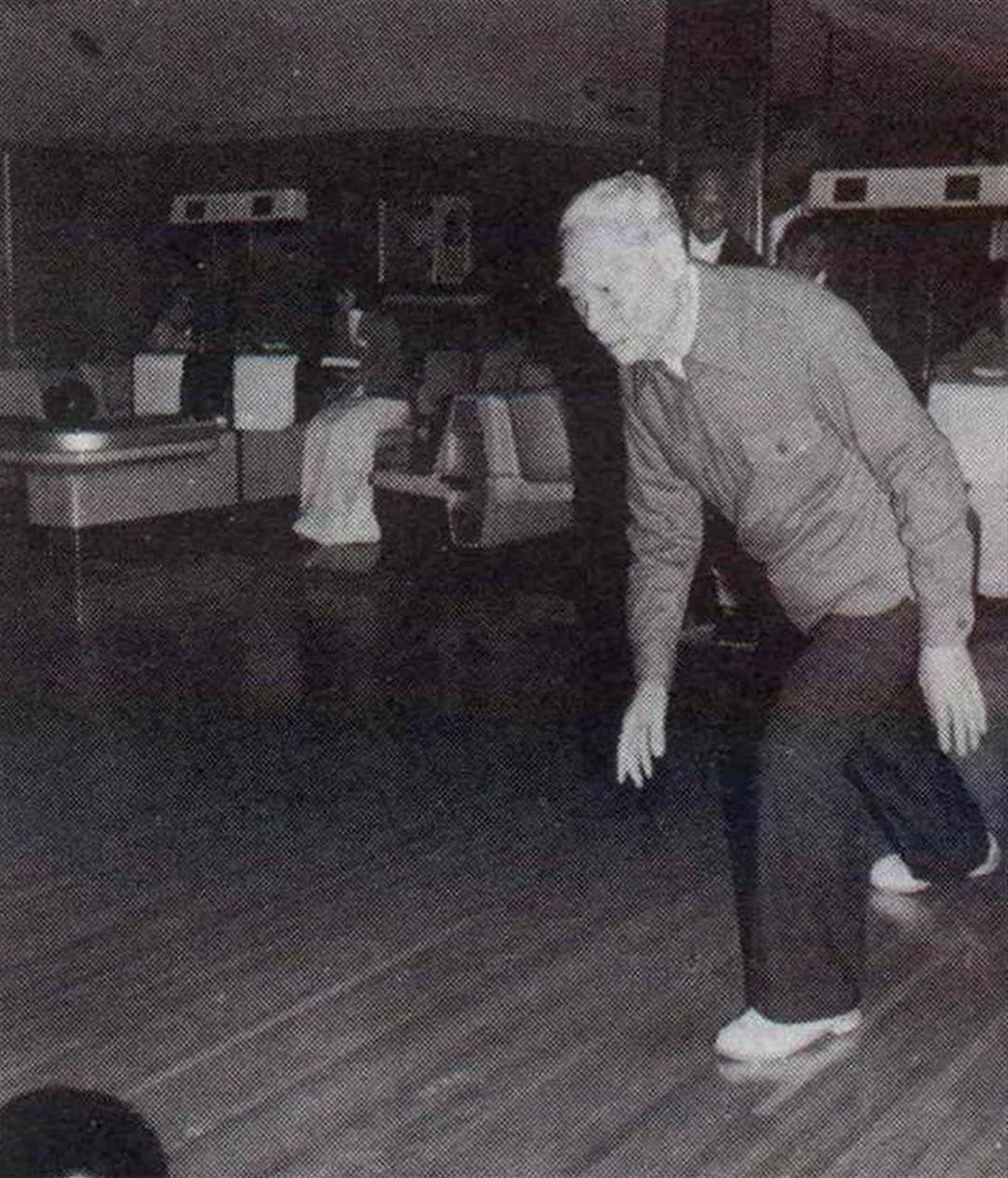
The general shows his prowess at bowling.

Gen. Hsueh Yueh with Generalissimo Chiang.

Gen. Hsueh resplendent in dress uniform.
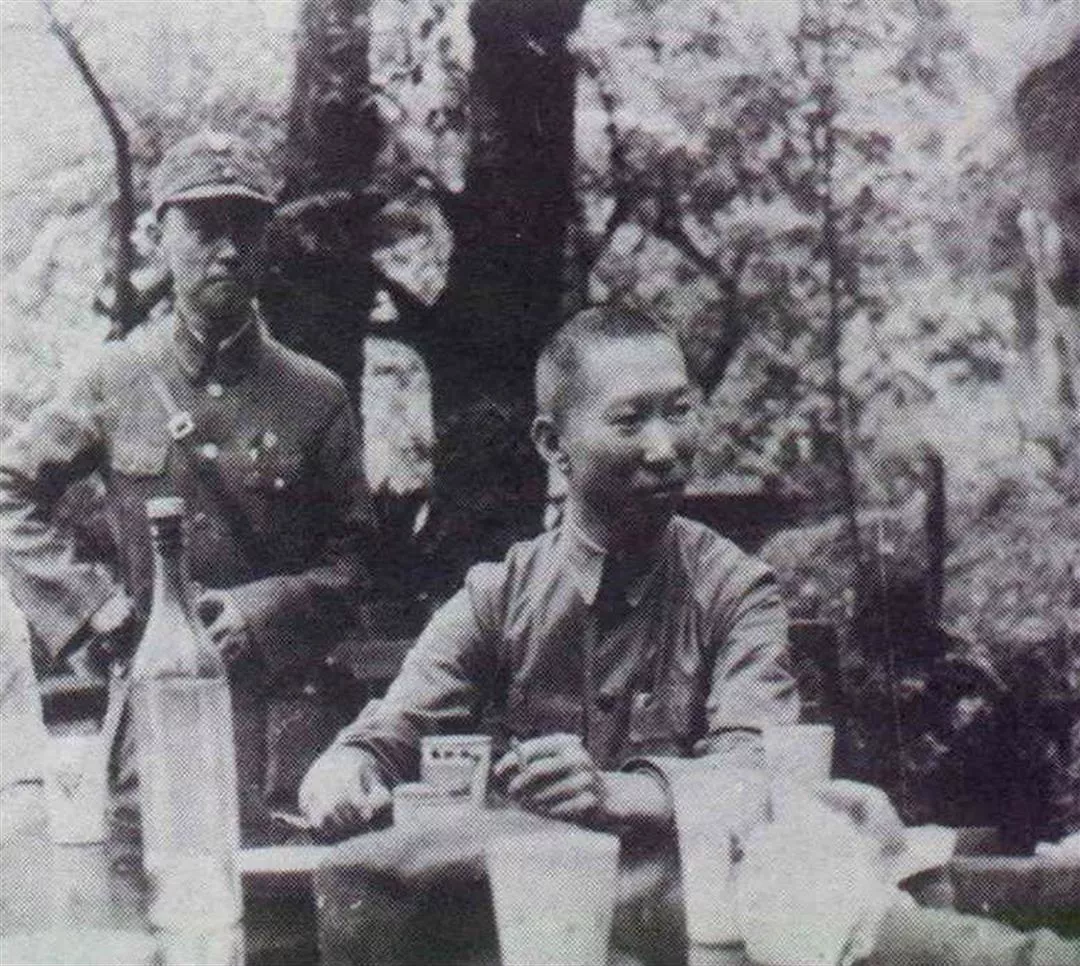
Gen. Hsueh at a rally celebrating the Changsha victory.
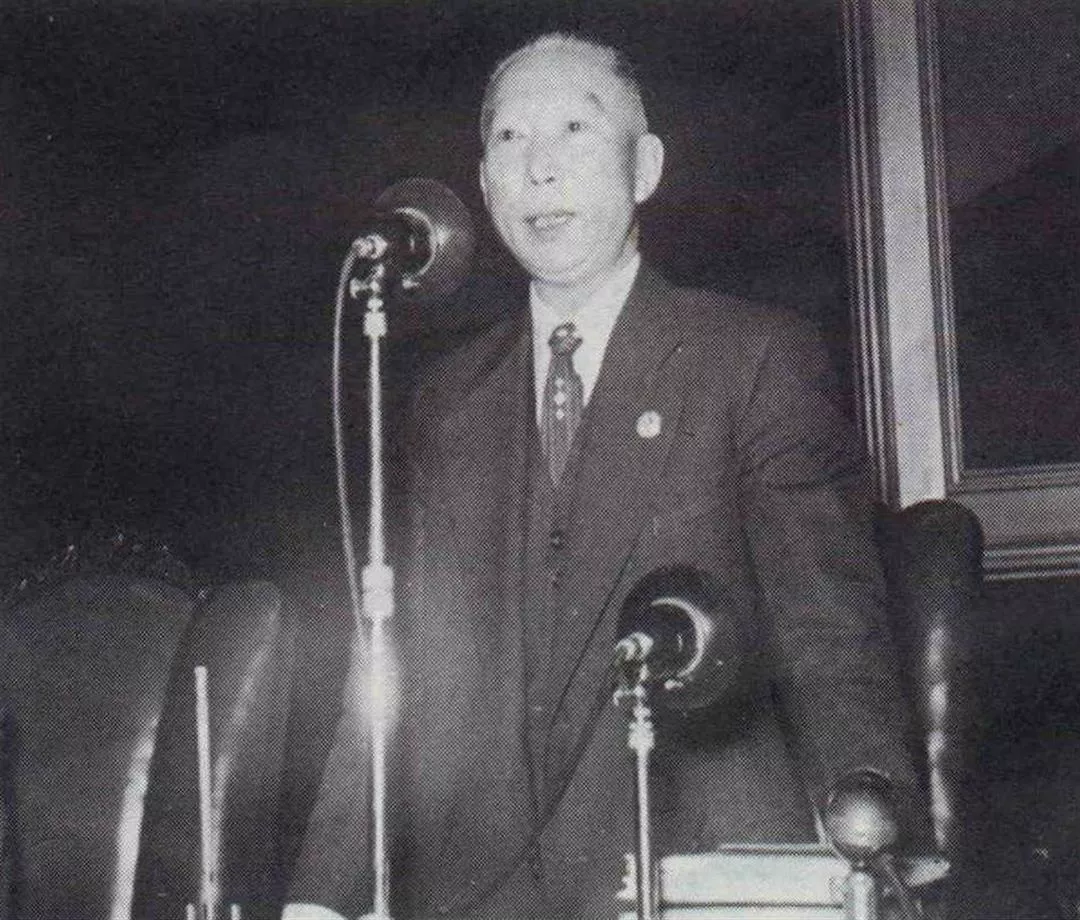
The general presides over the 9th session of the National Assembly.
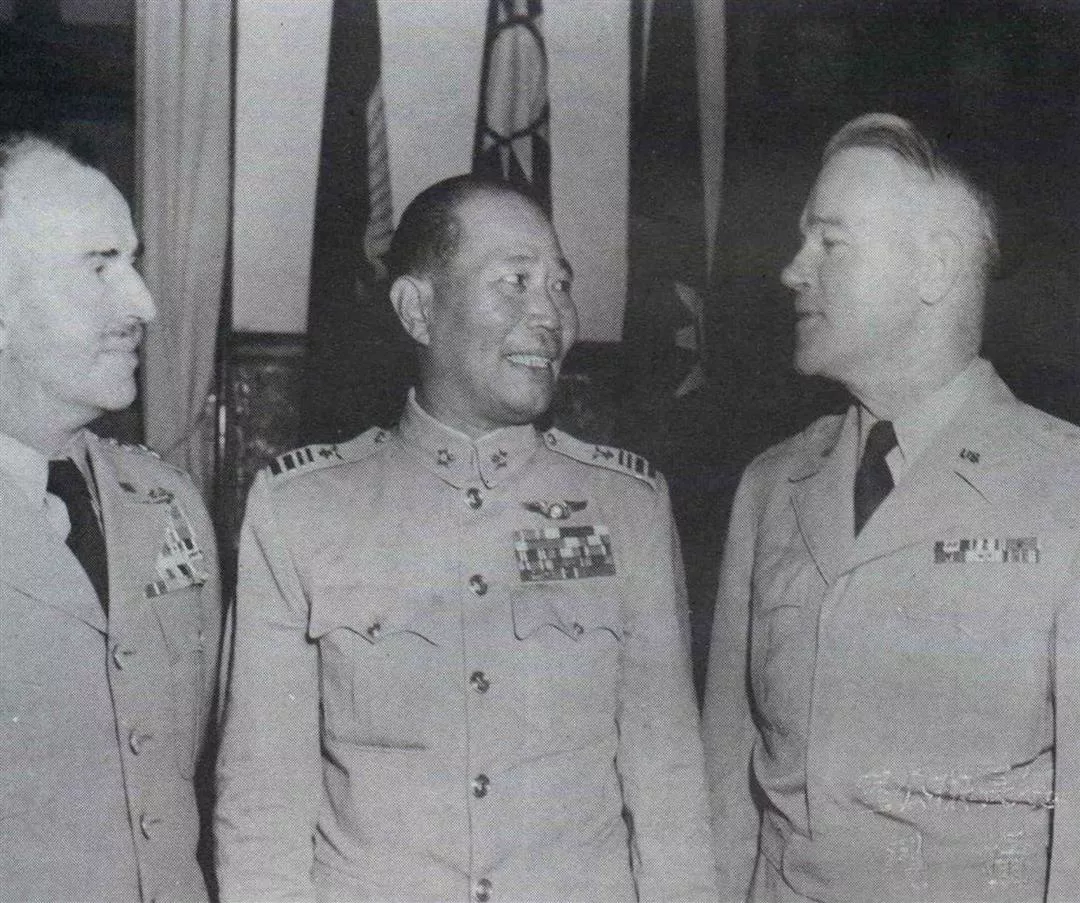
Gen. Chou Chih-jou posing with foreign military leaders as Chief of the General Staff.
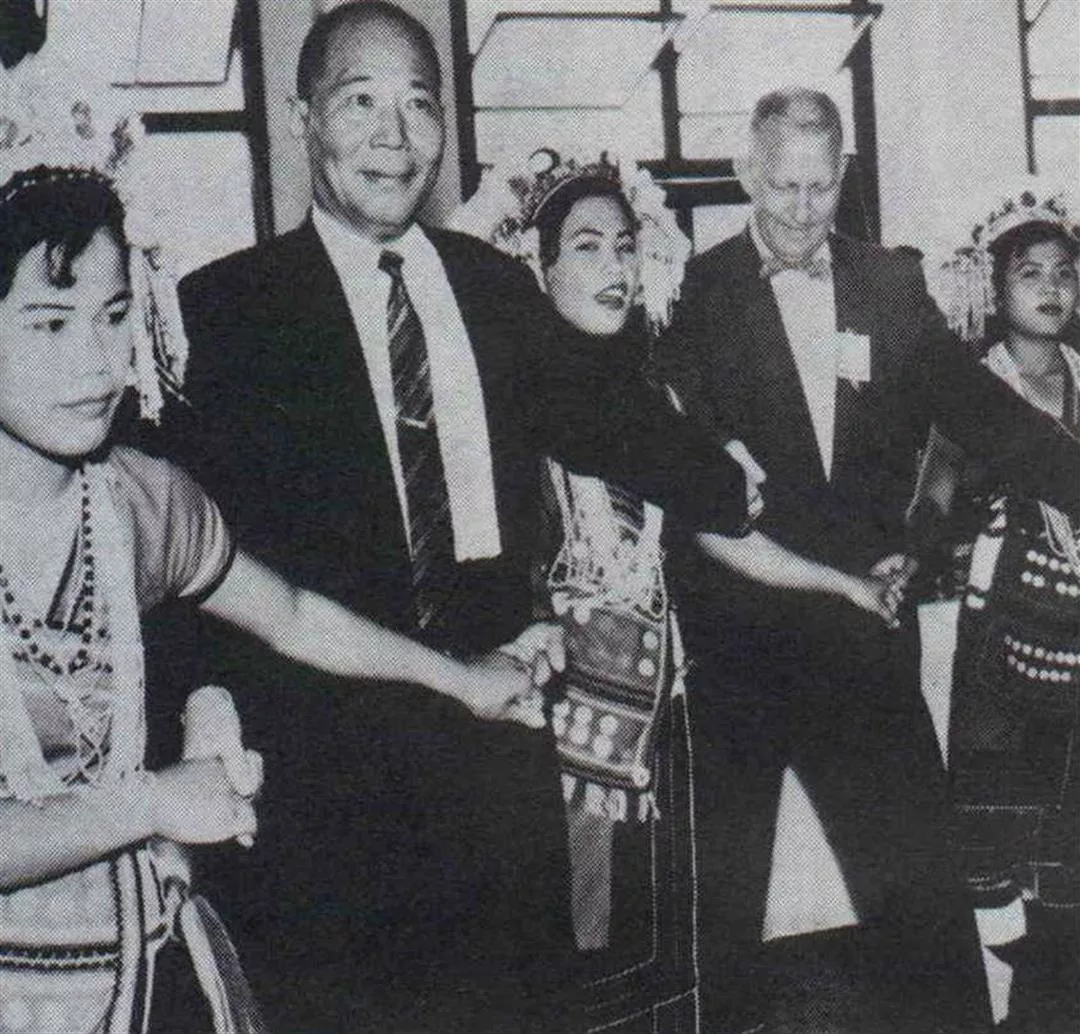
Attending aborigine activities as Governor of Taiwan.
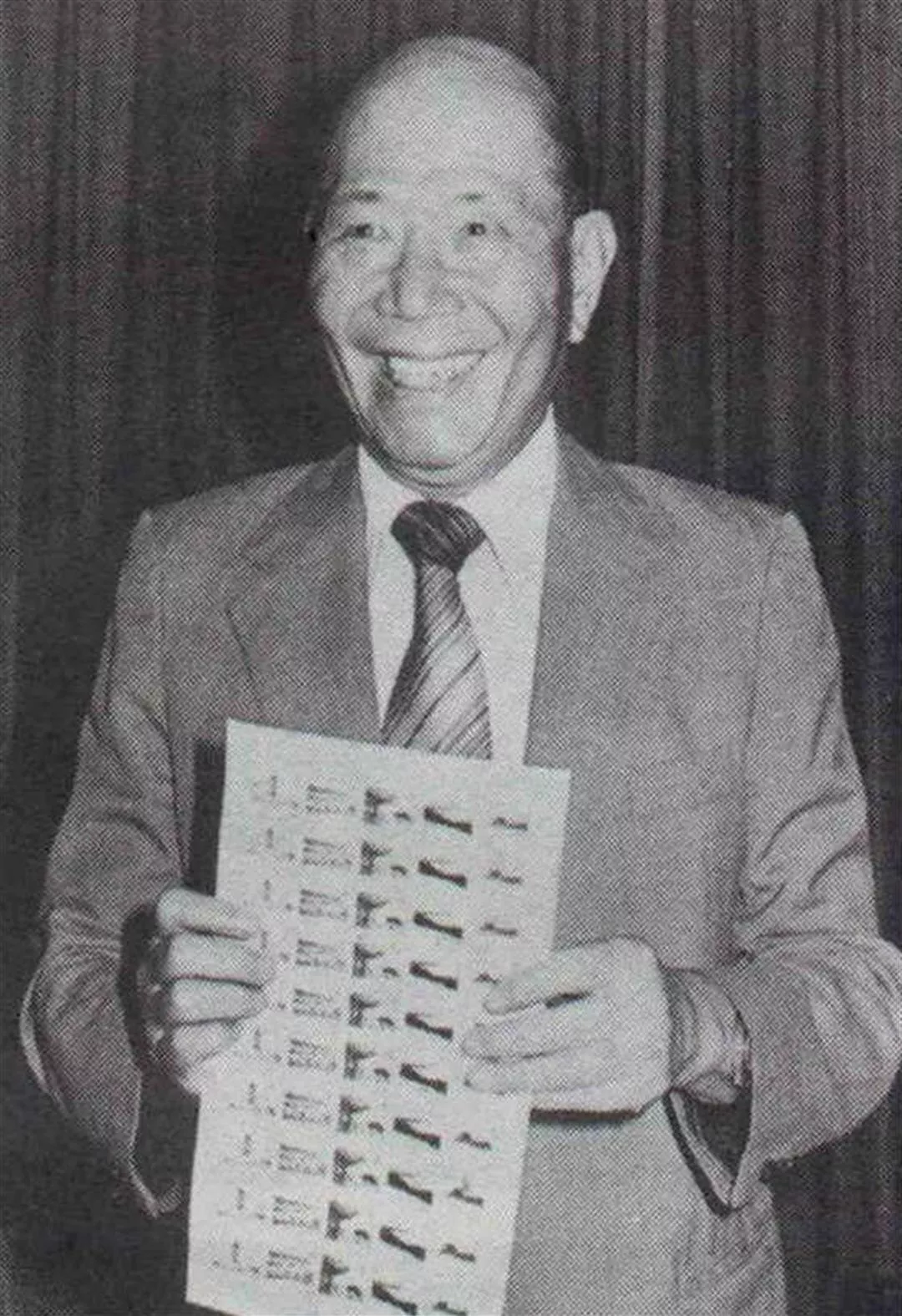
Gen. Chou urging people to buy TB-control stamps.
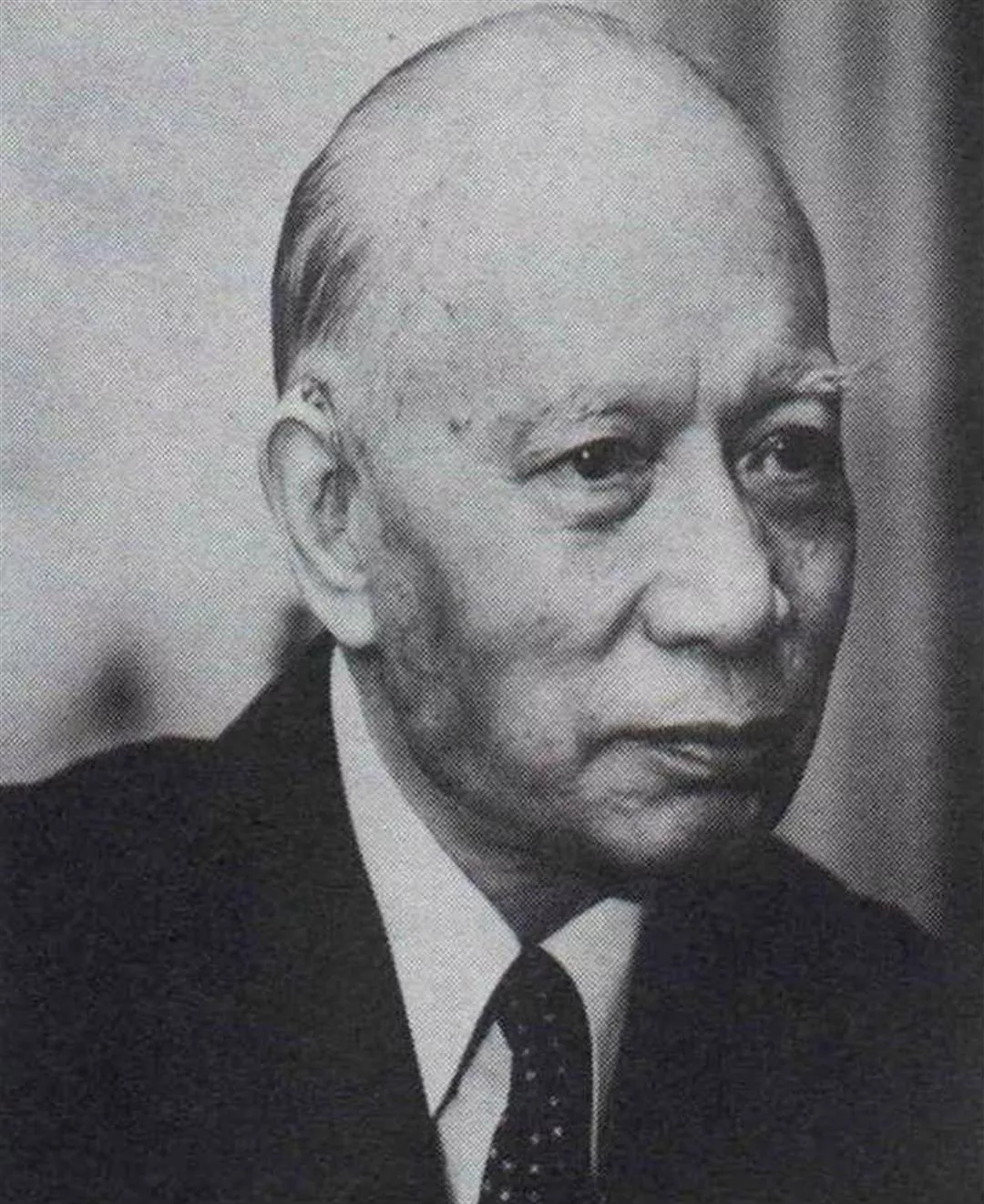
Gen. Huang Chieh is still hale and hearty at 80.
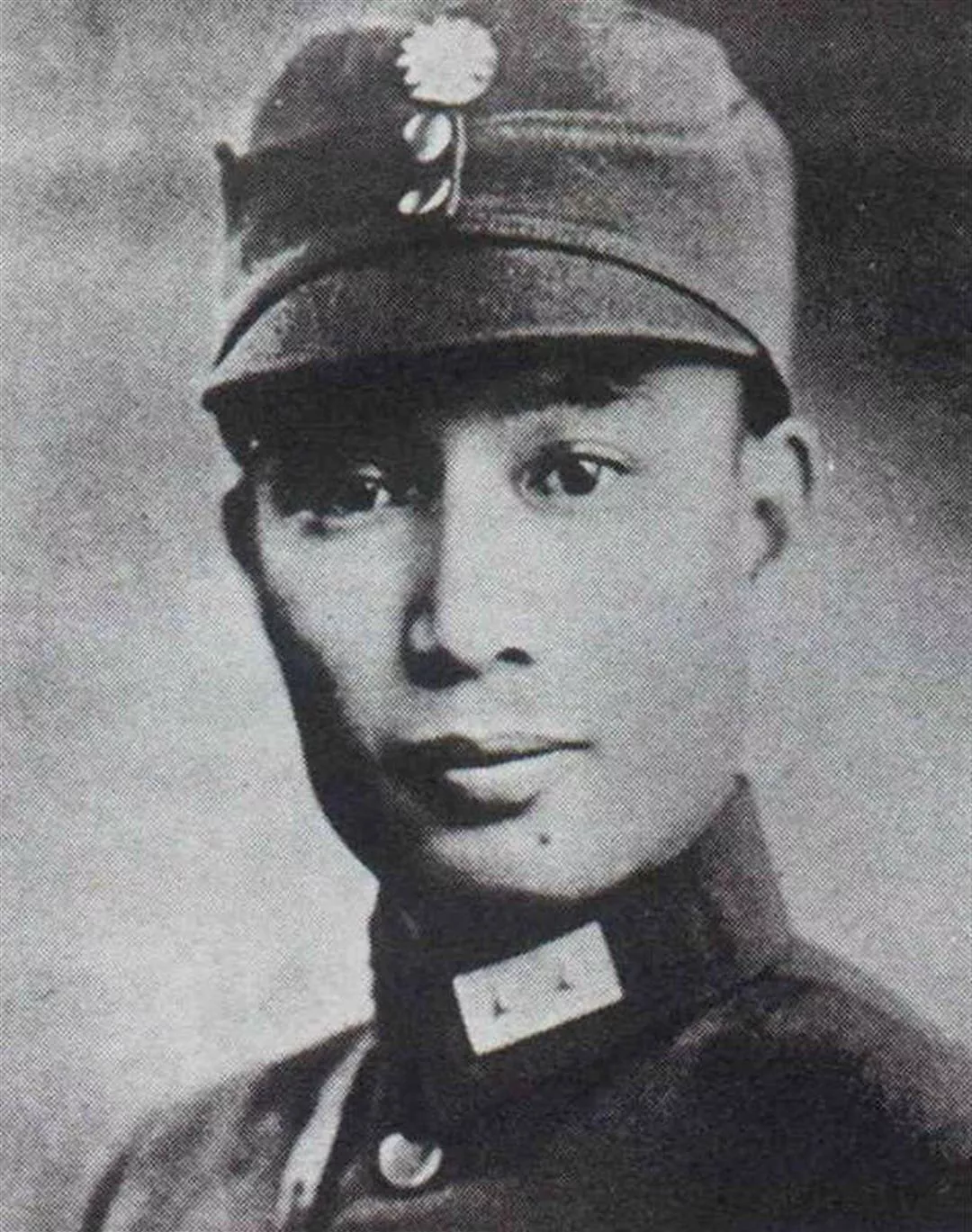
Gen. Huang as a divisional commander.
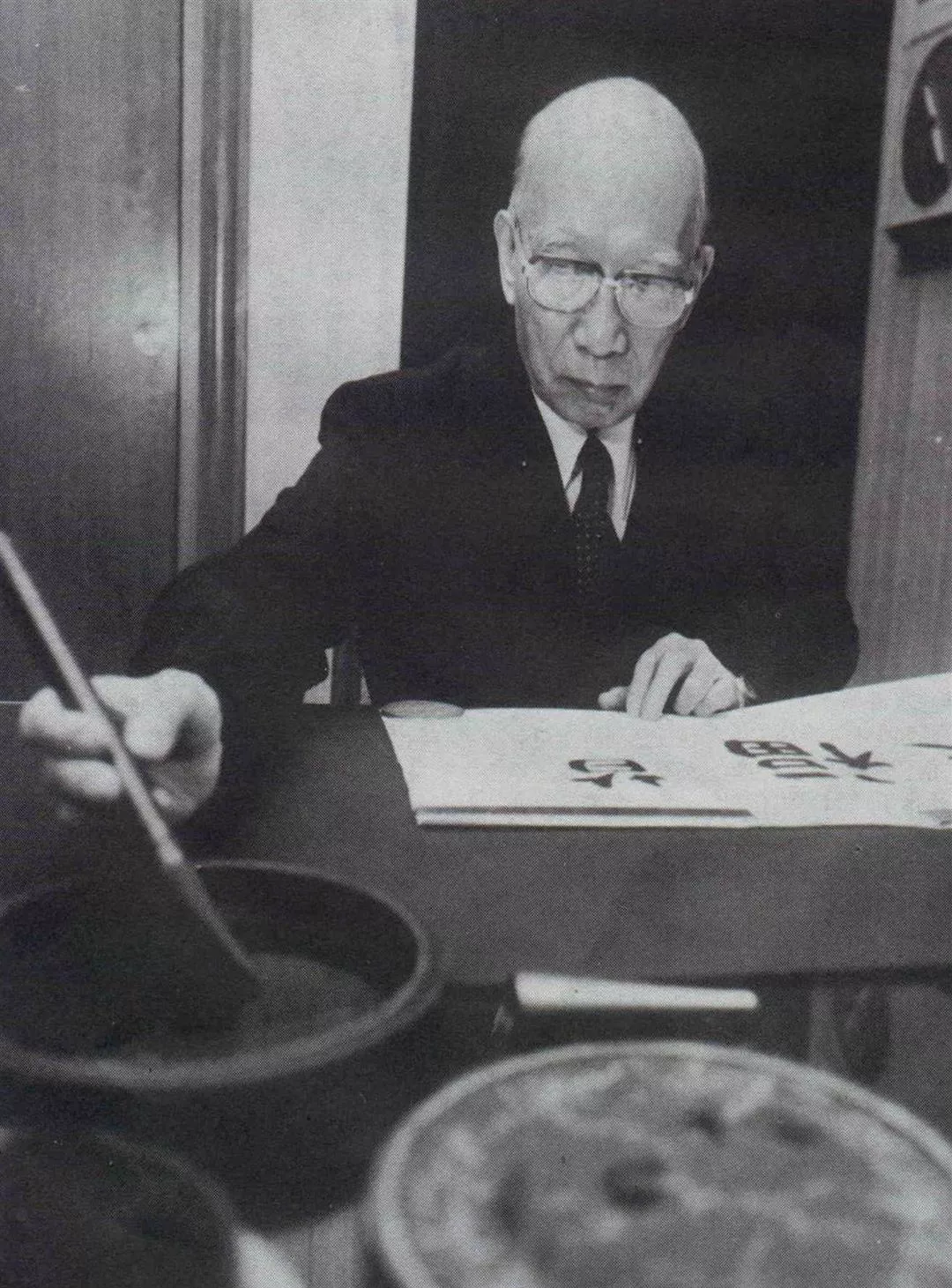
The general practising Chinese calligraphy.
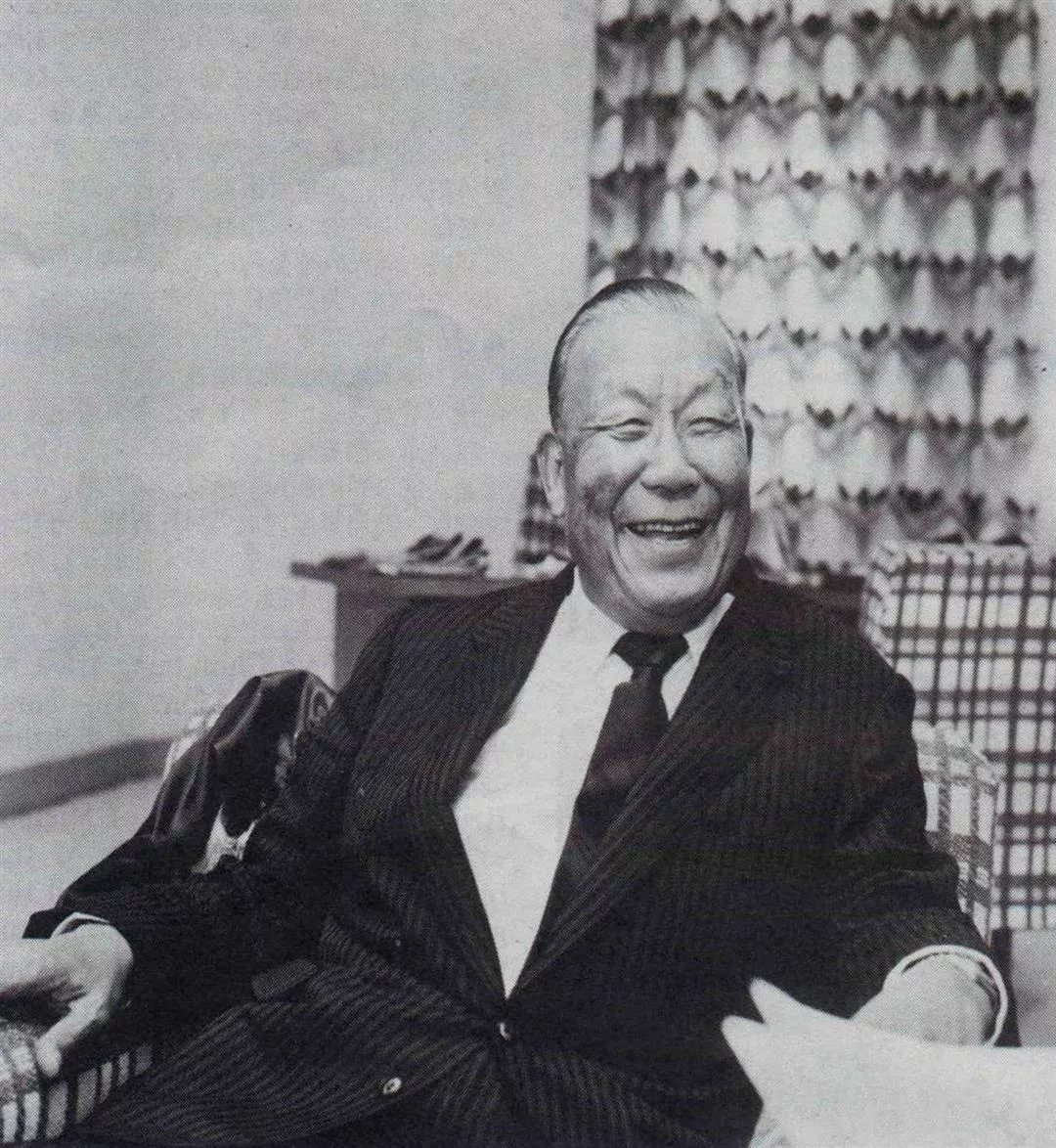
A soldier's duty is to protect the people, Gen. Liu An-chi says.
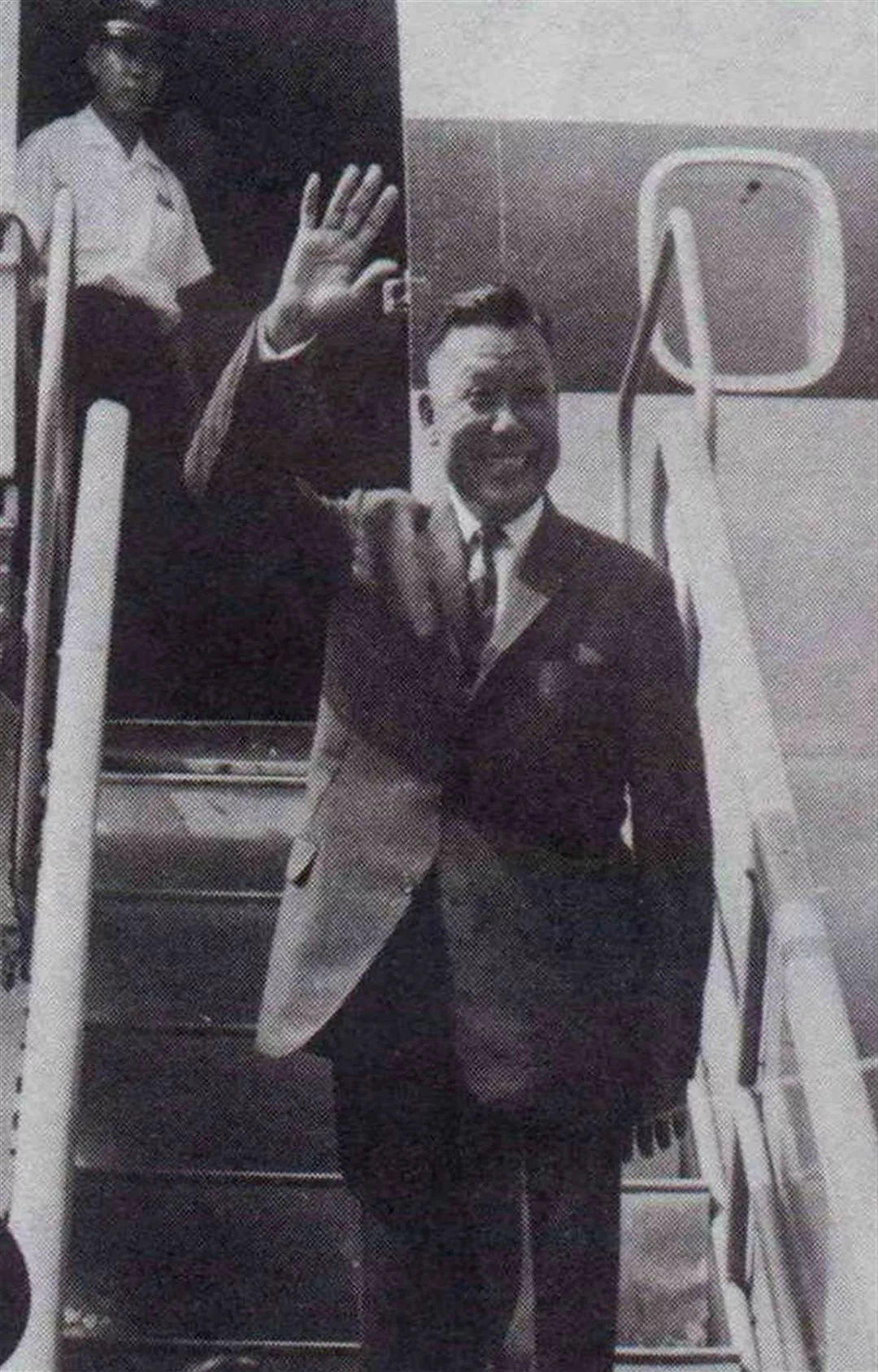
Gen. Liu paying a visit to the U.S. as C-in-C of the Army.
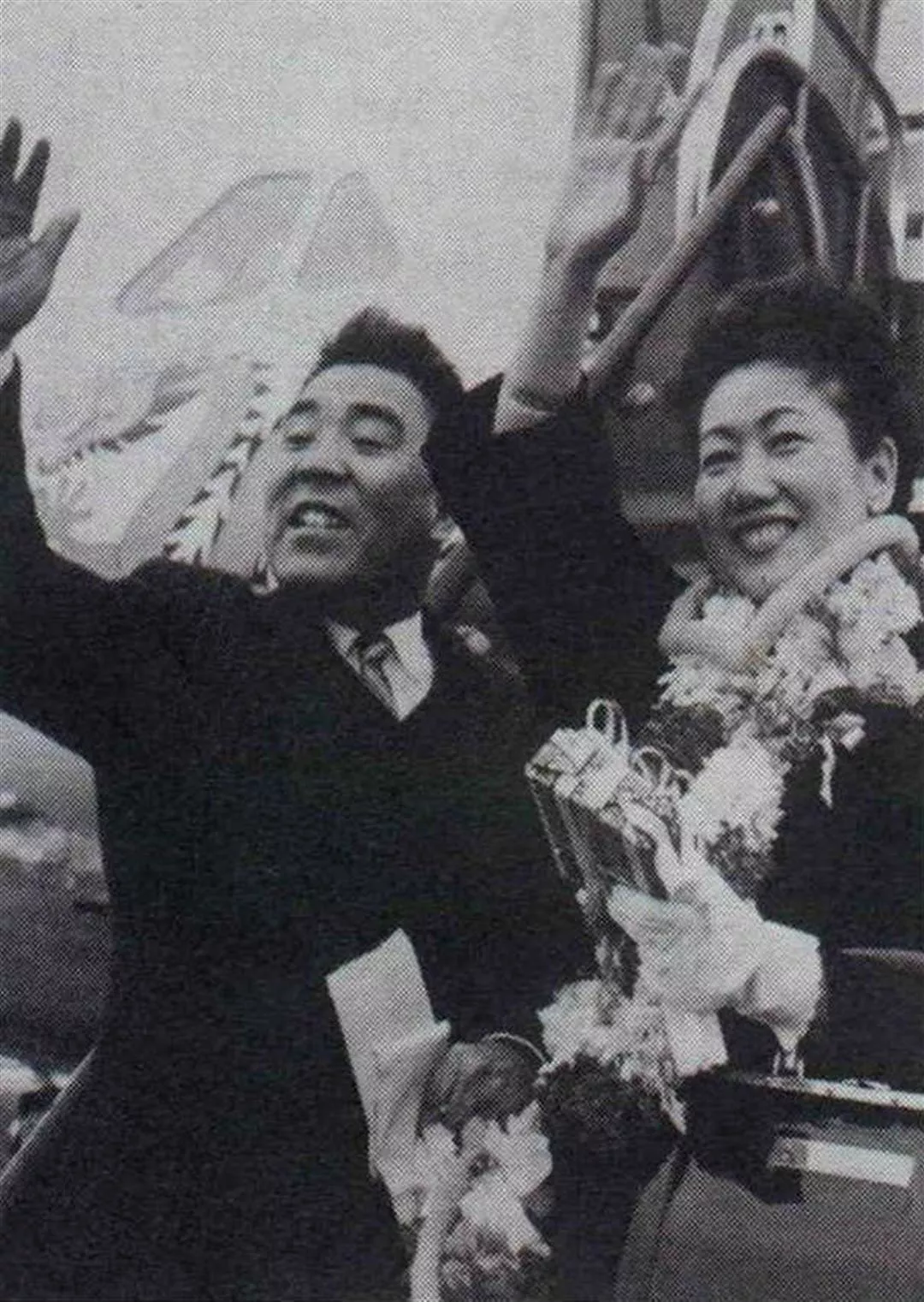
Gen. Wang Shu-ming prepares to fly with Mrs. Wang to New York to take over his post as chief of the ROC military delegation to the United Nations.
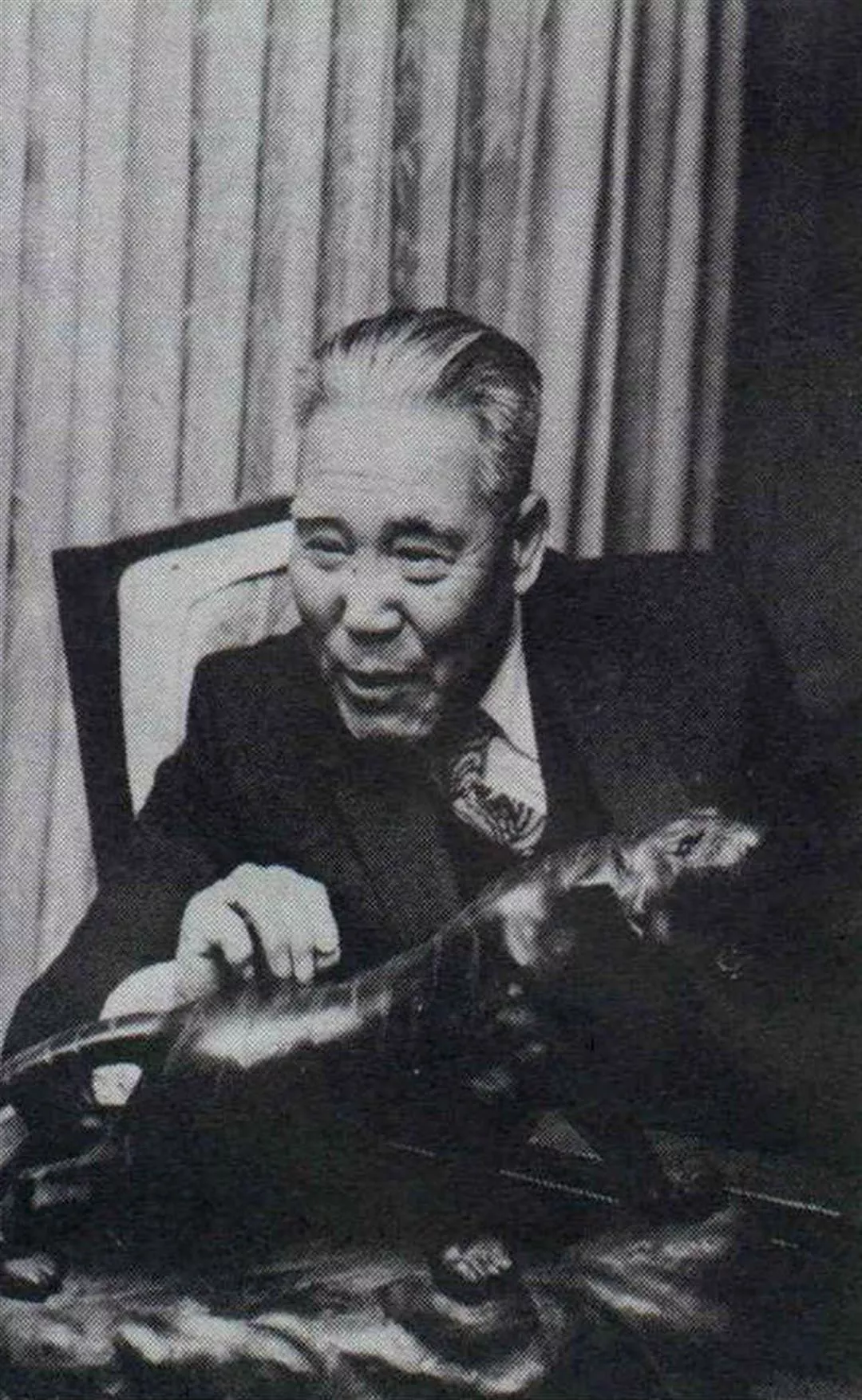
"Tiger" Wang as an amiable elder statesman.
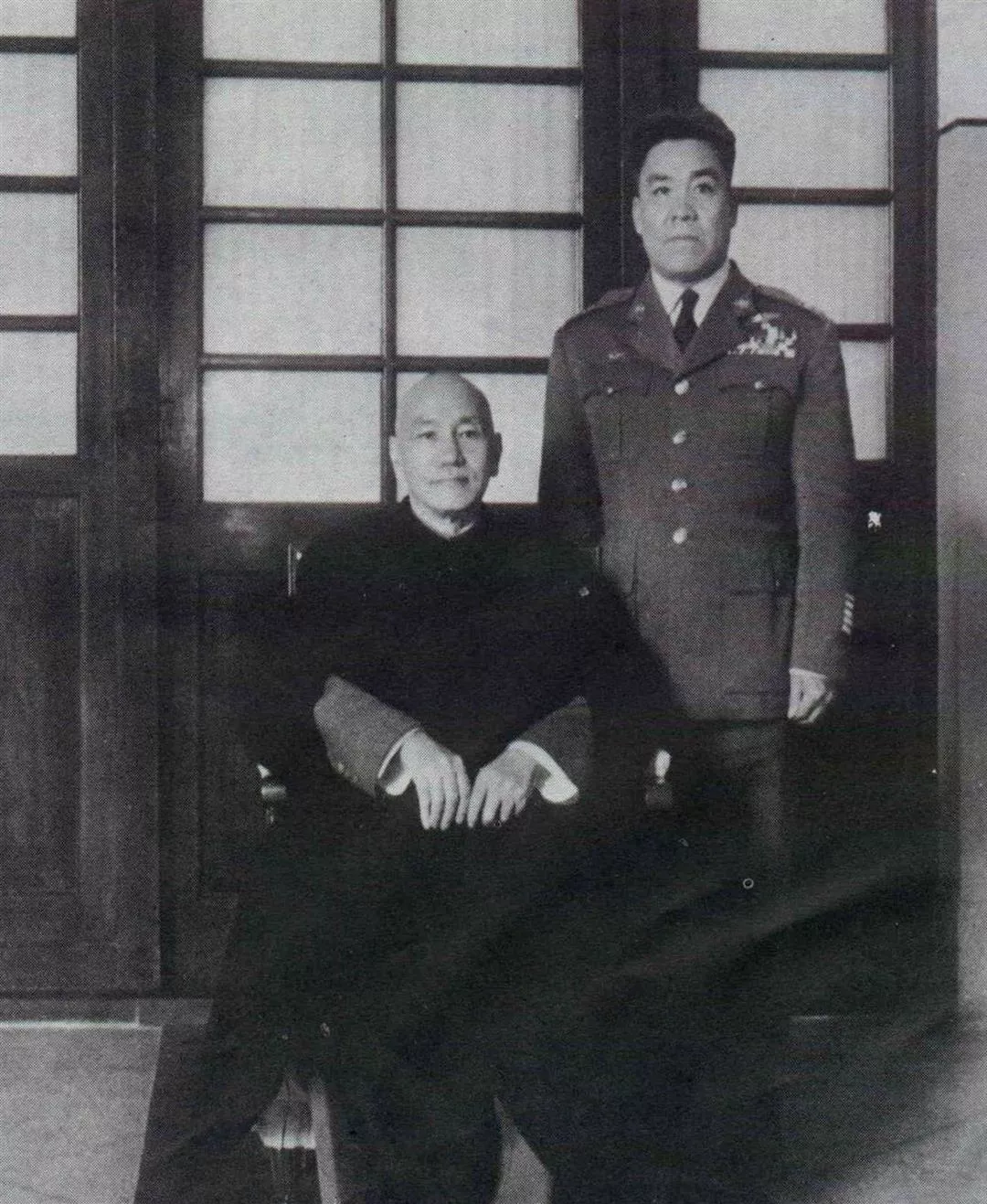
Gen. Wang posing with Generalissimo Chiang.
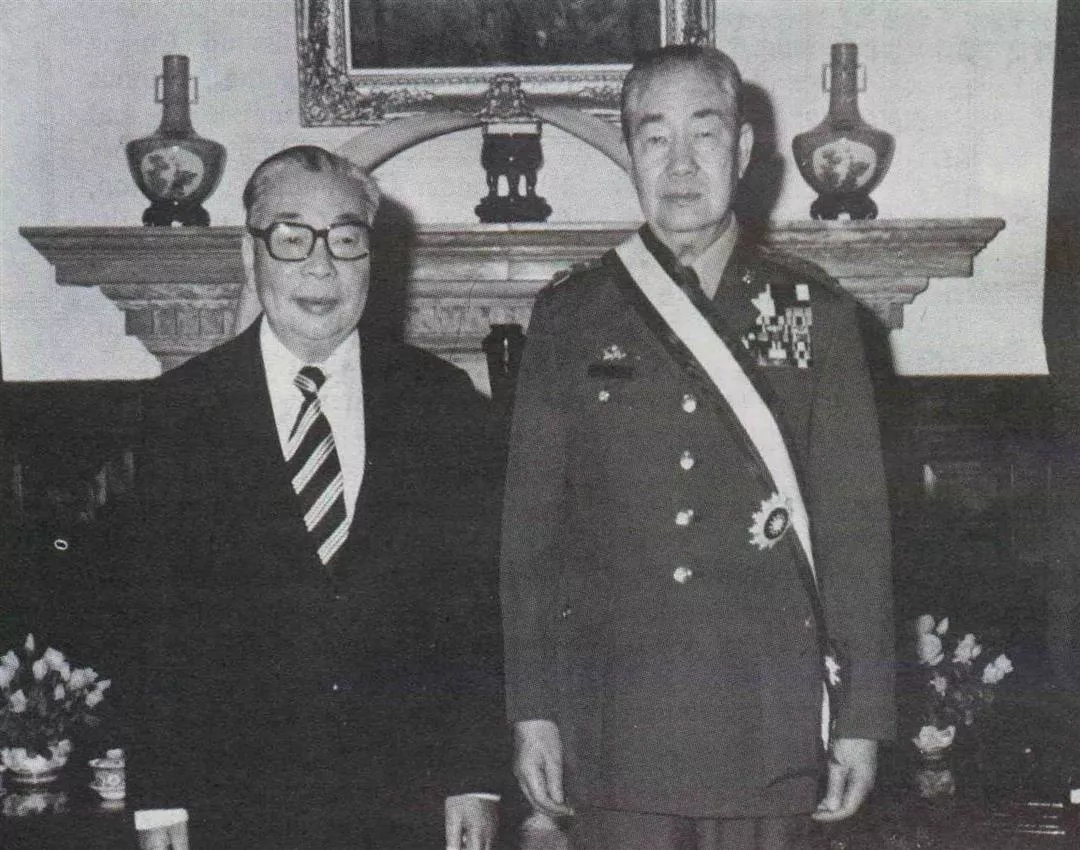
Gen. Kao Kuei-yuan is decorated by the President on the day of his retirement as defense minister.
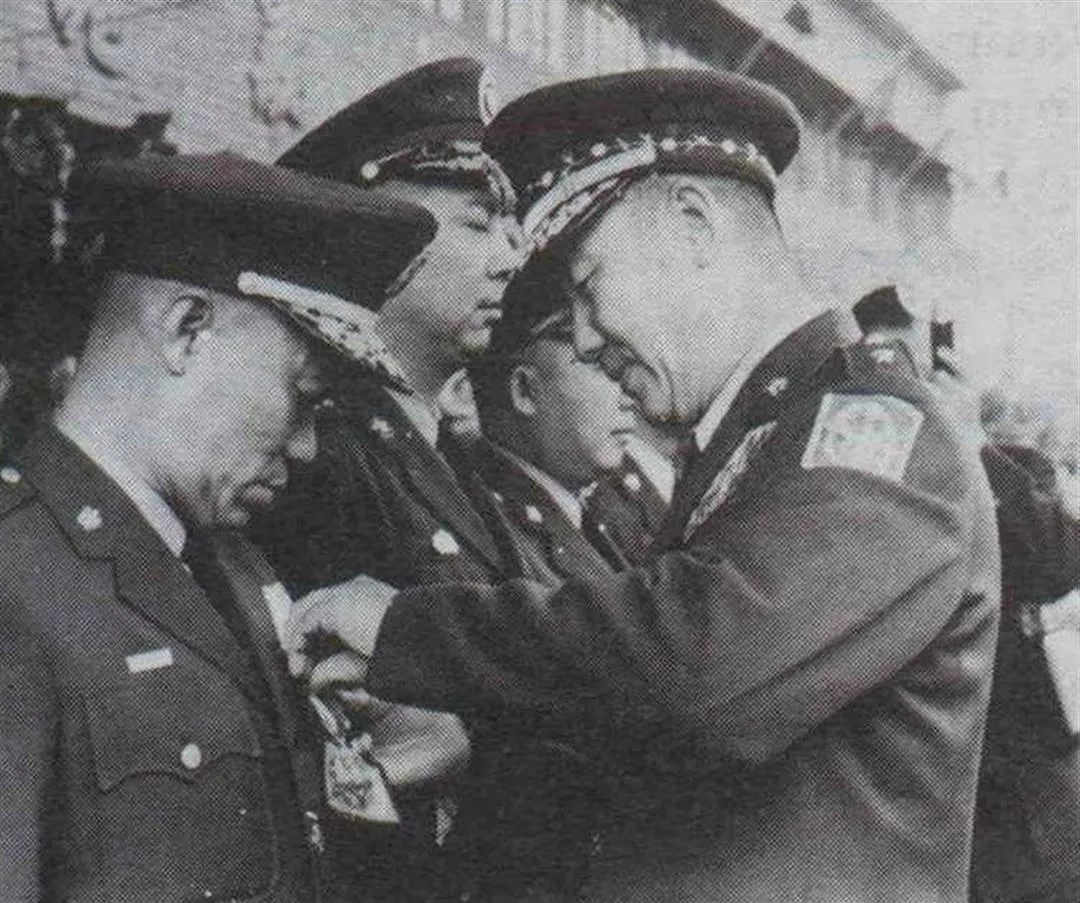
The general decorates a vice superintendent of the Political Warfare College.
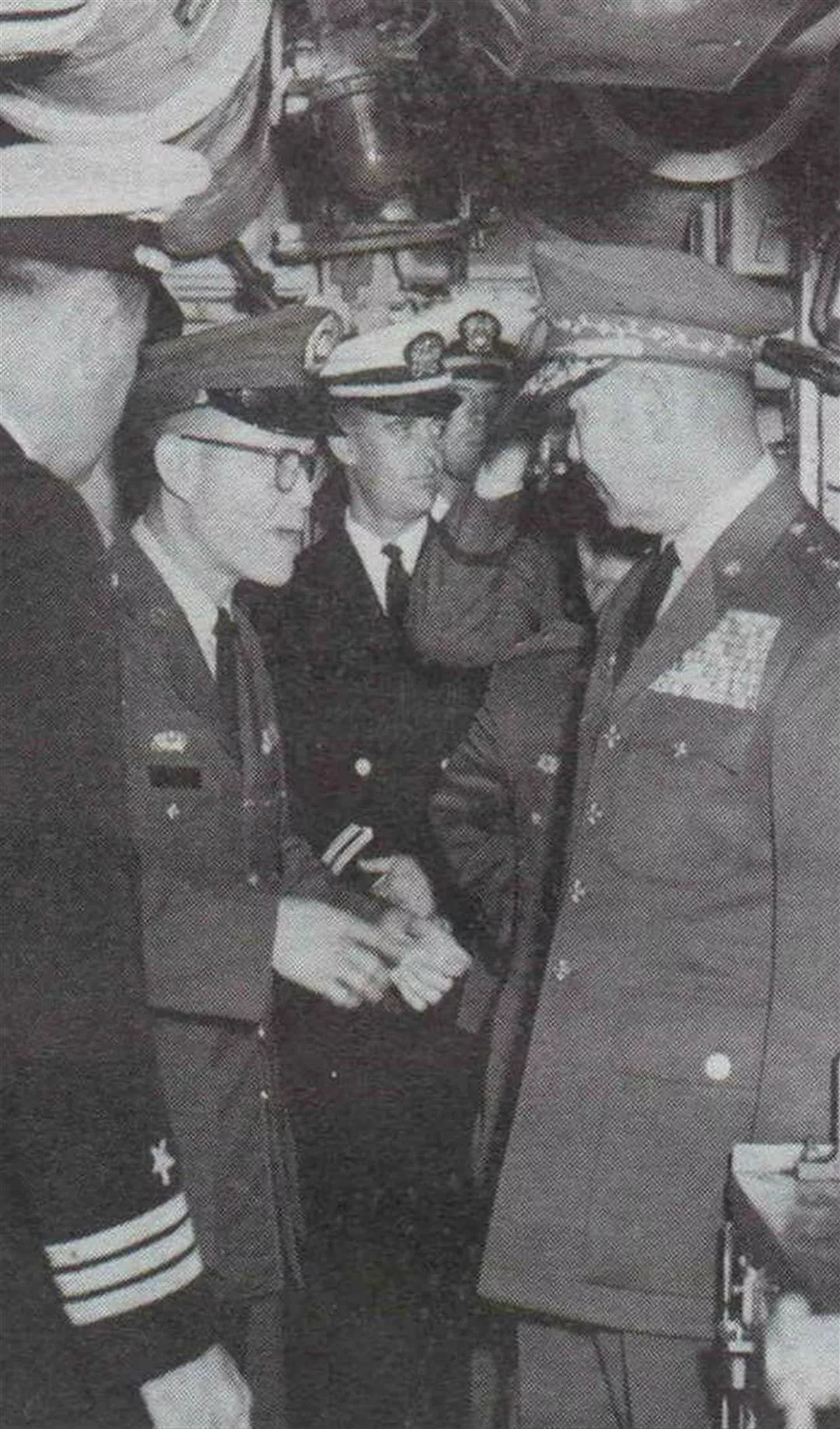
Inspecting a U.S. submarine at Keelung as Army C-in-C.
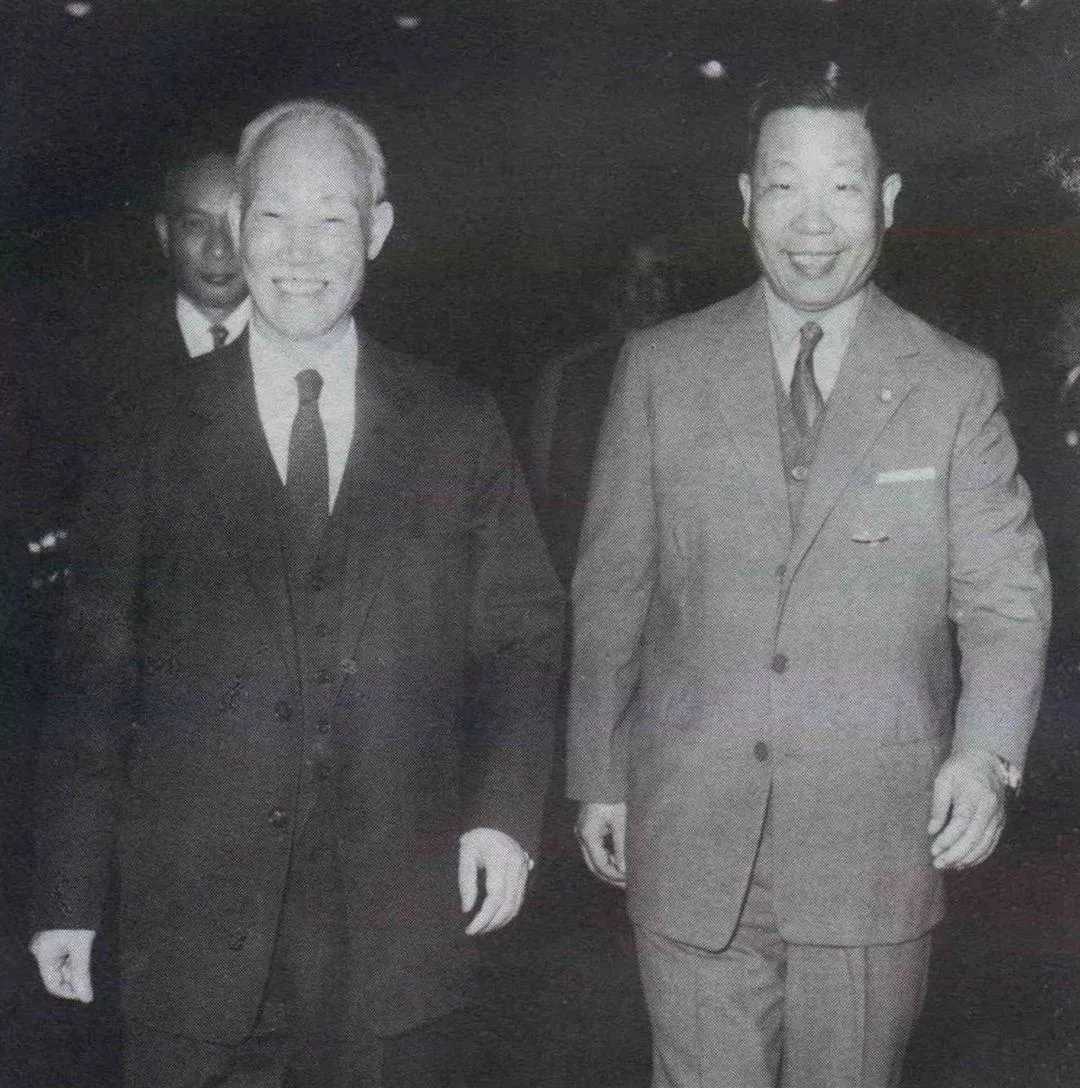
Gen. Peng Meng-chi with Vice President Chen Cheng.
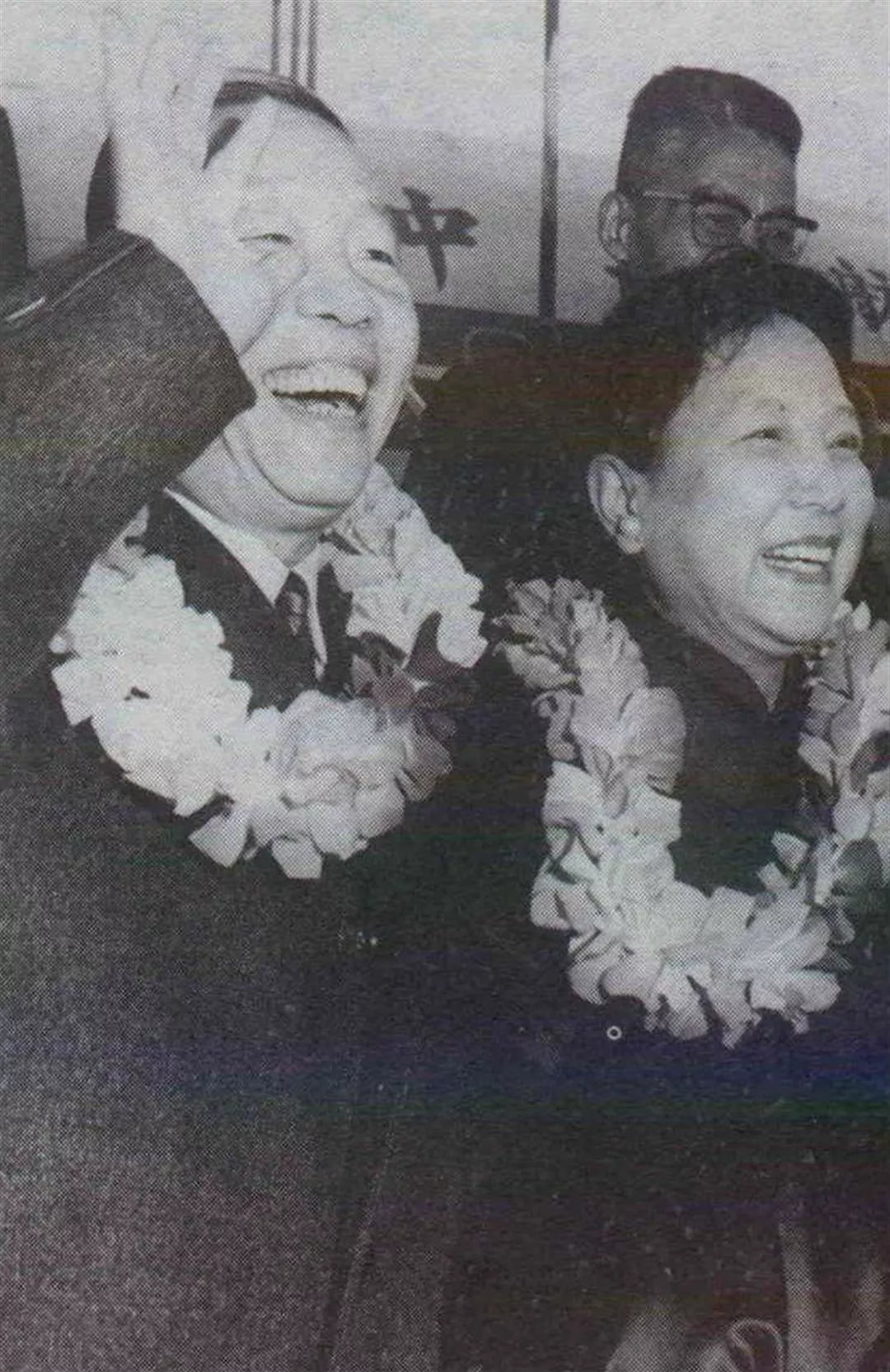
Gen. Peng leaving with his wife for Japan to take up the ambassadorial post.
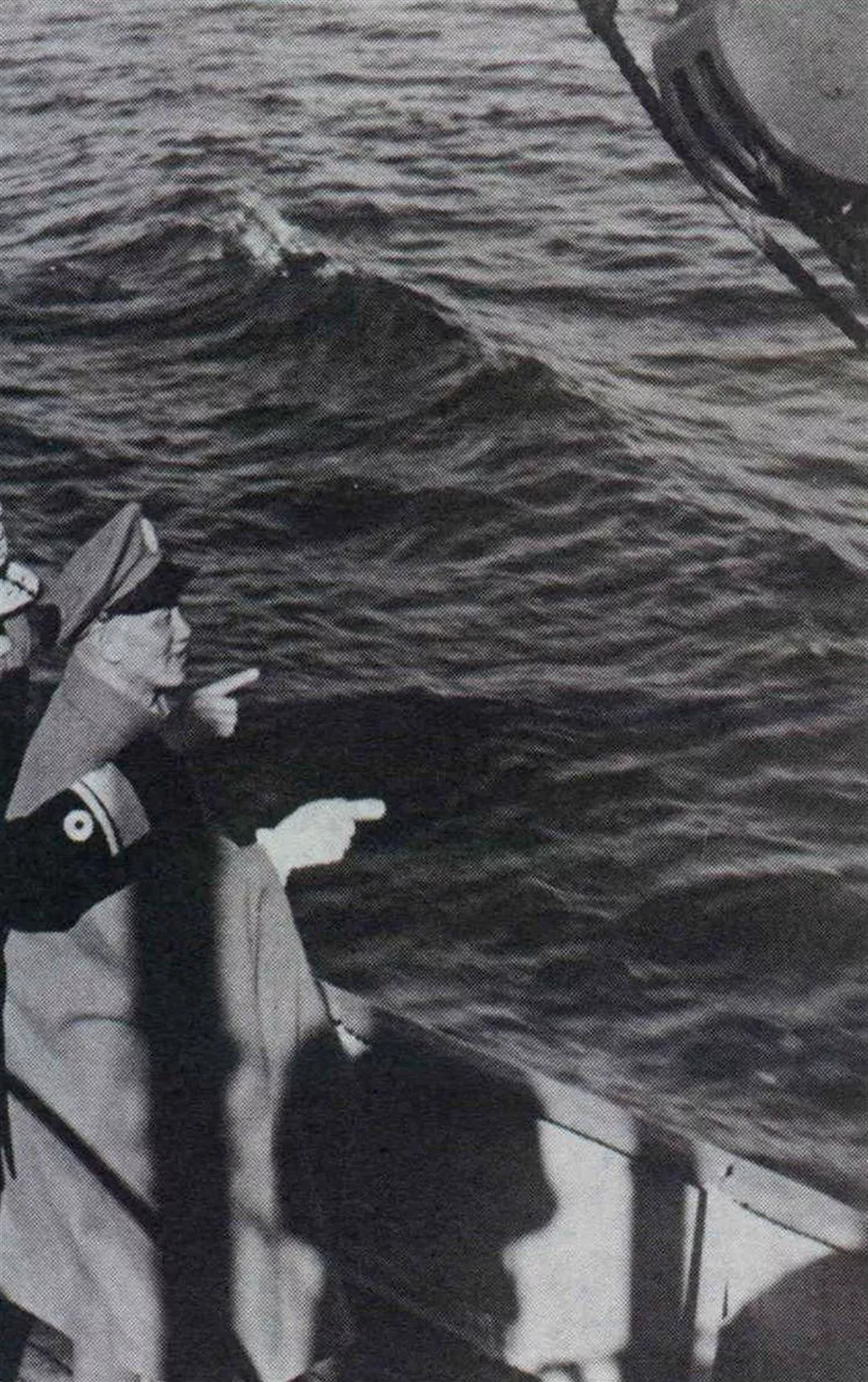
Adm. Li Yu-hsi with Generalissimo Chiang aboard a naval ship.
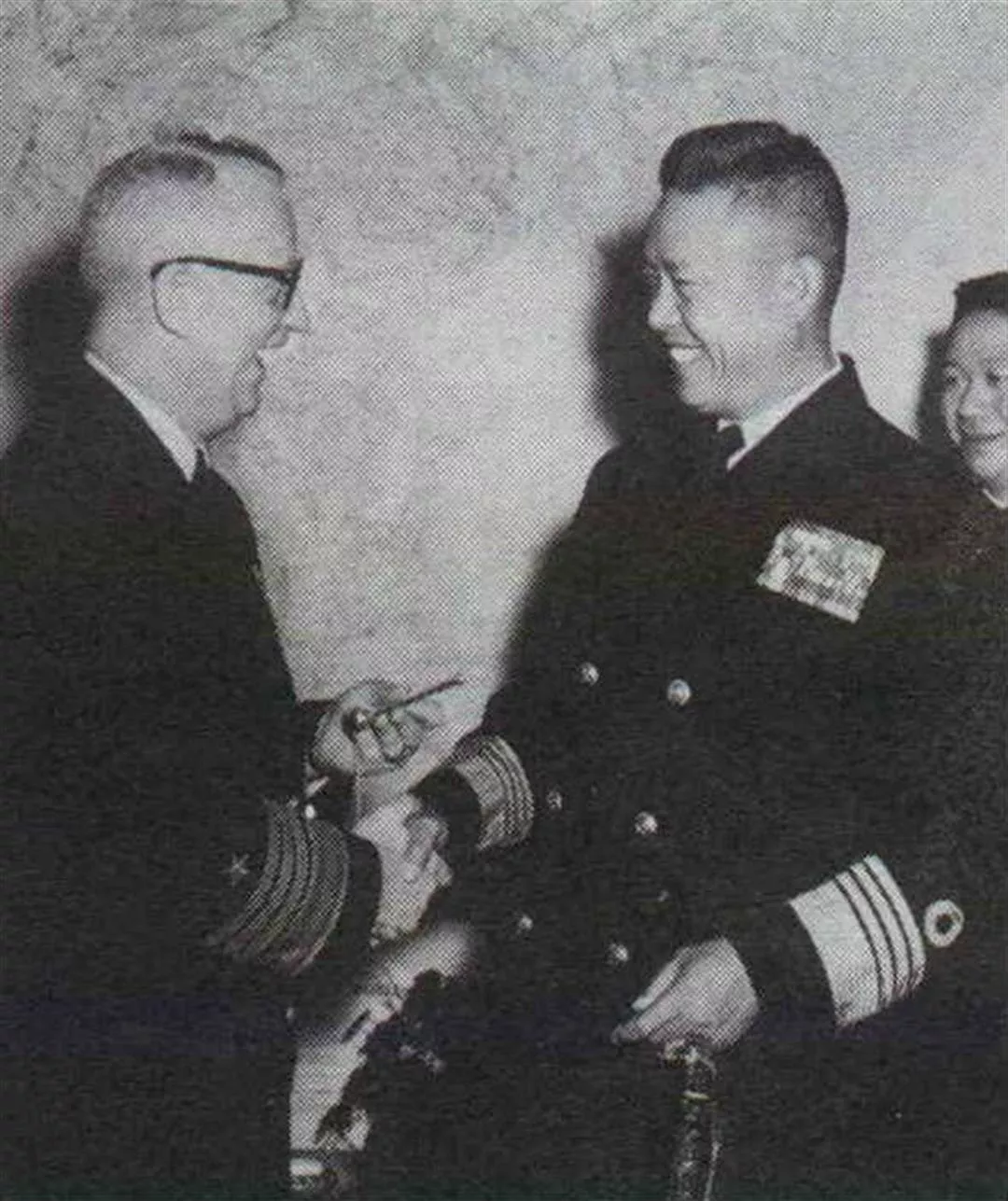
Adm. Li visiting Adm. Burke in the U.S.
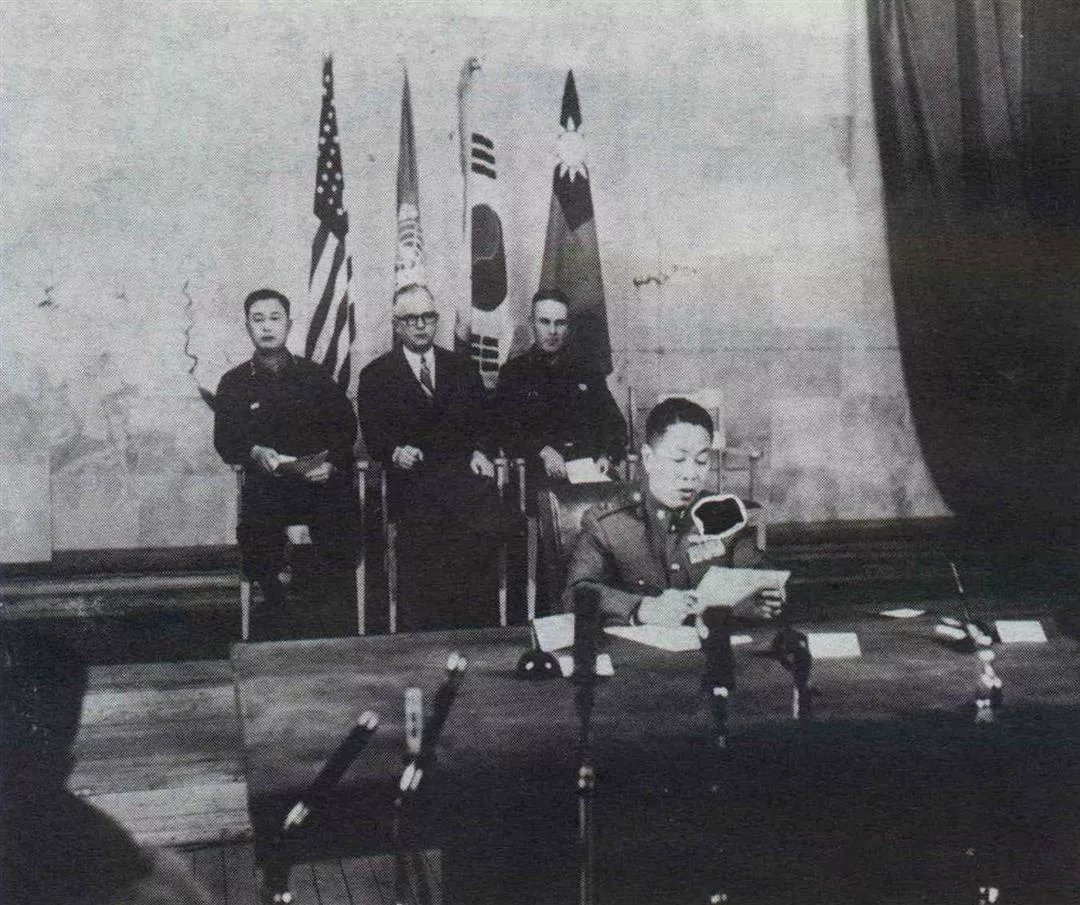
Gen. Lai Ming-tang issuing a statement on returning with Chinese POWs from Korea.
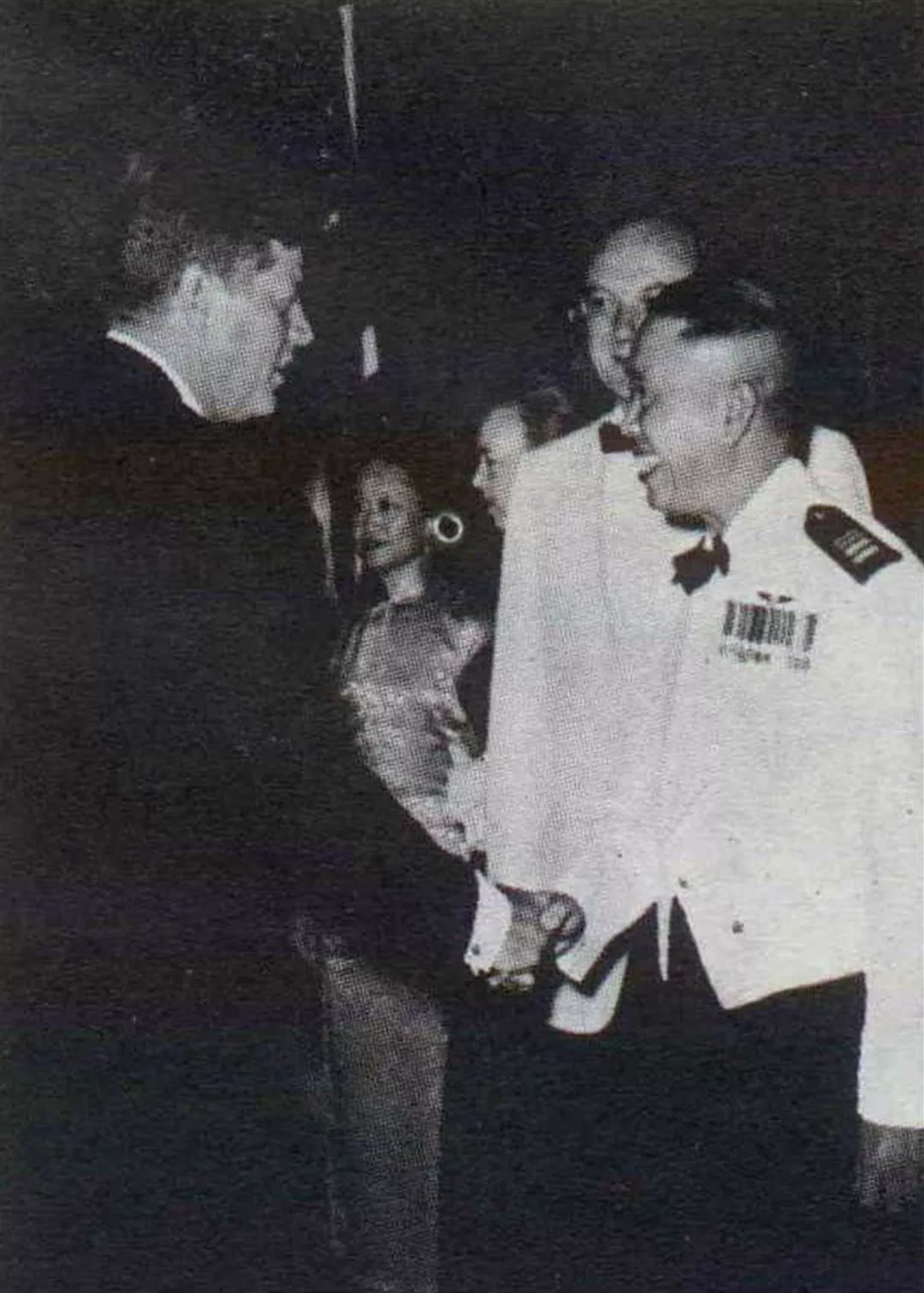
Lai Meeting with President Kennedy during a visit to the U.S.
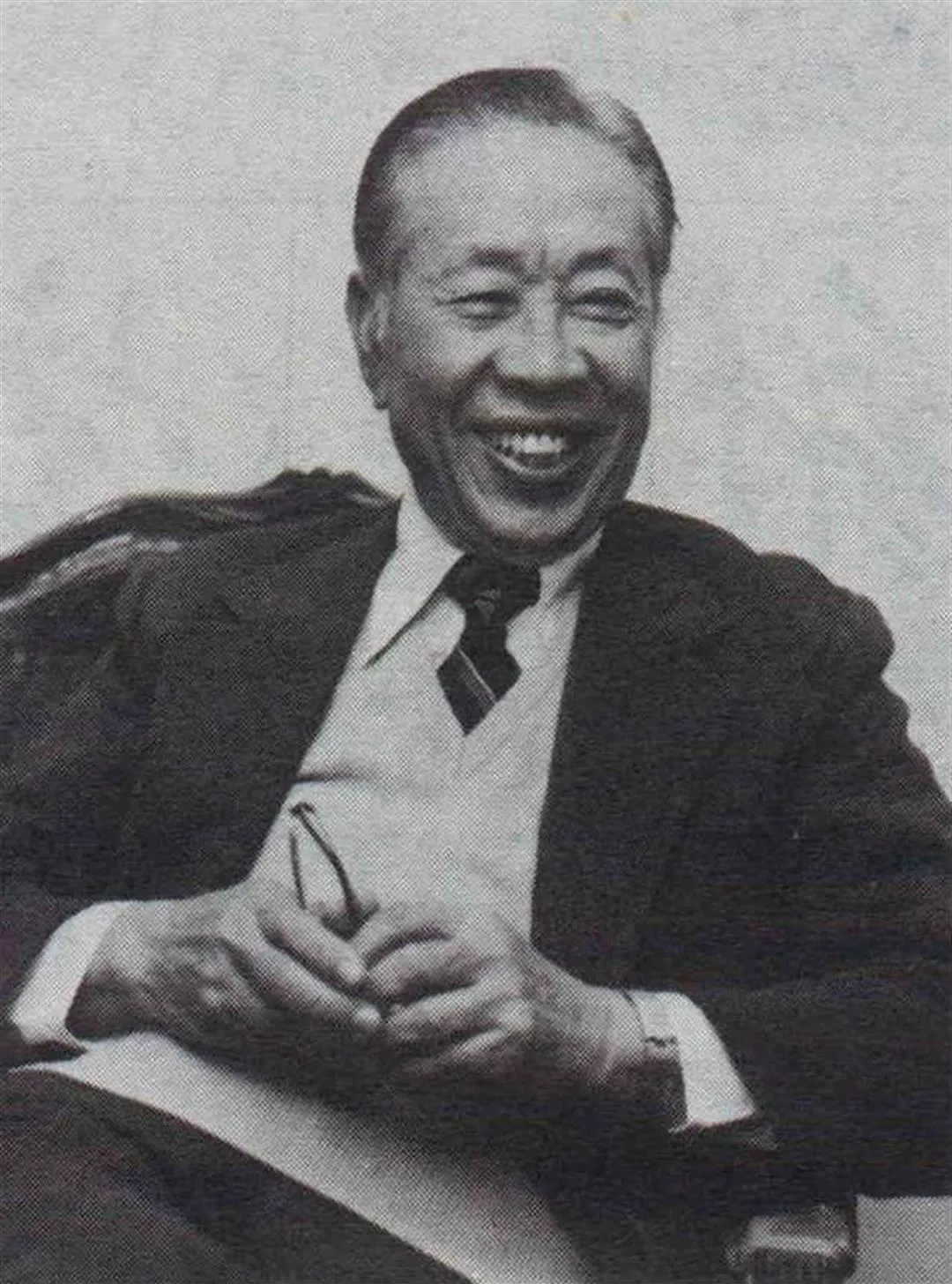
During a spirited conversation.